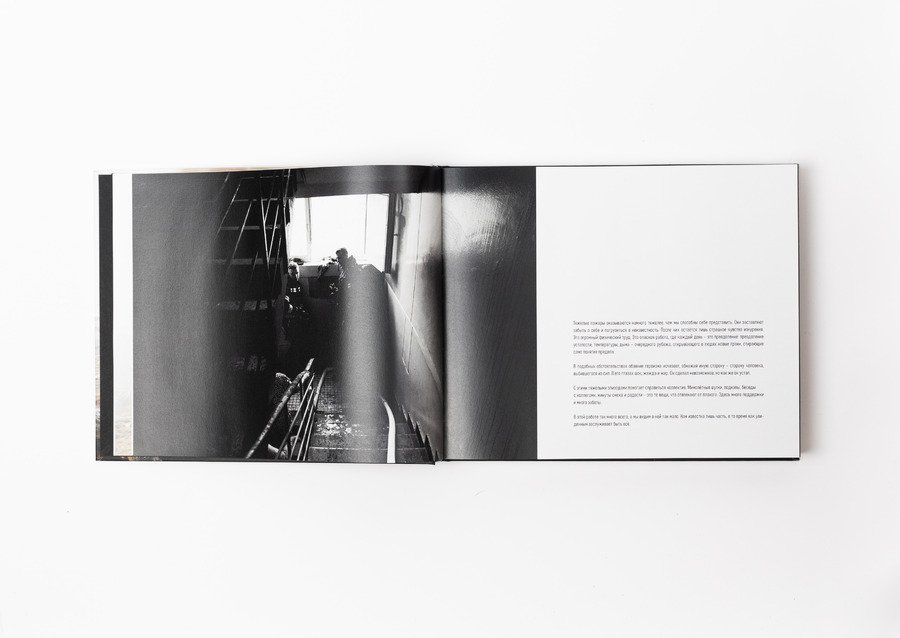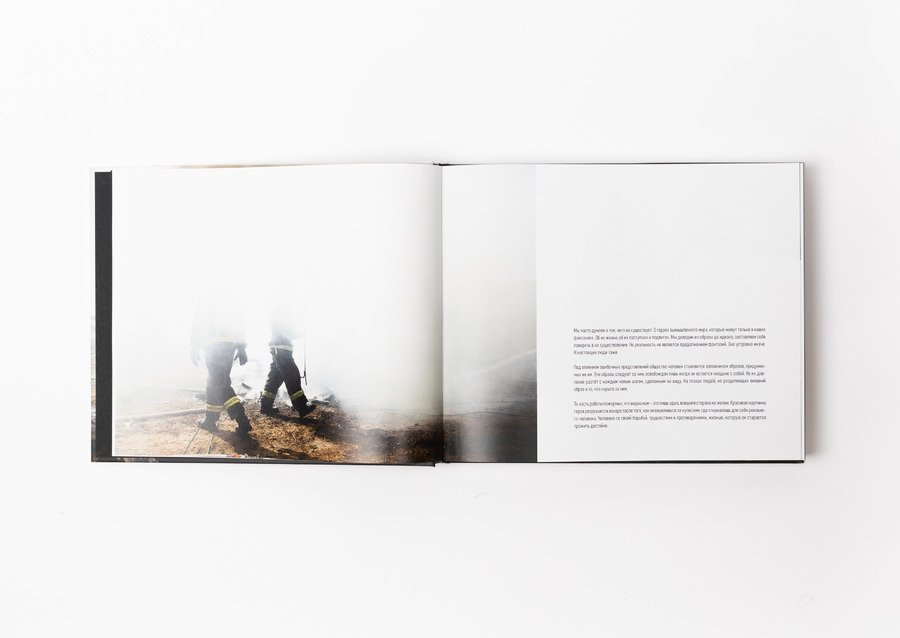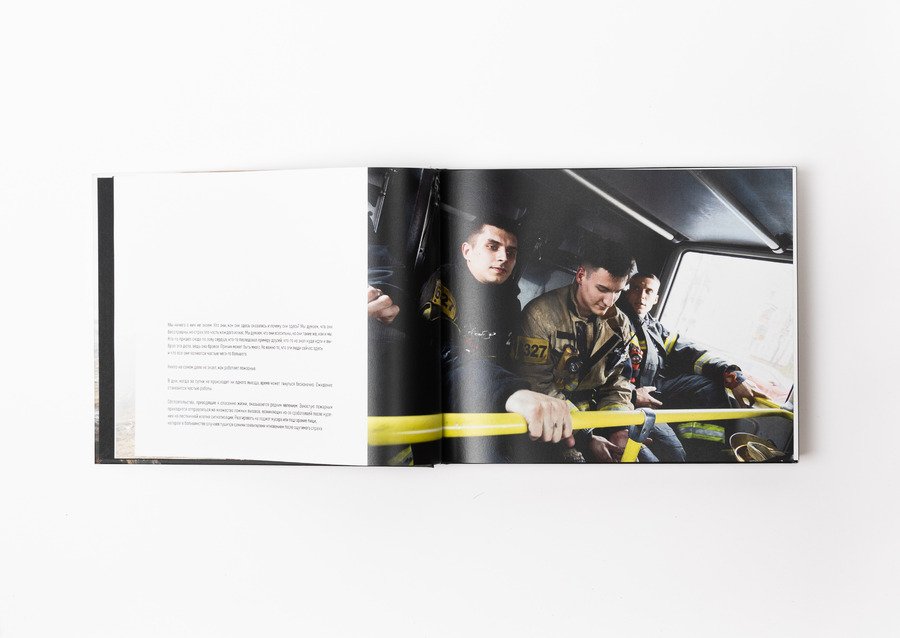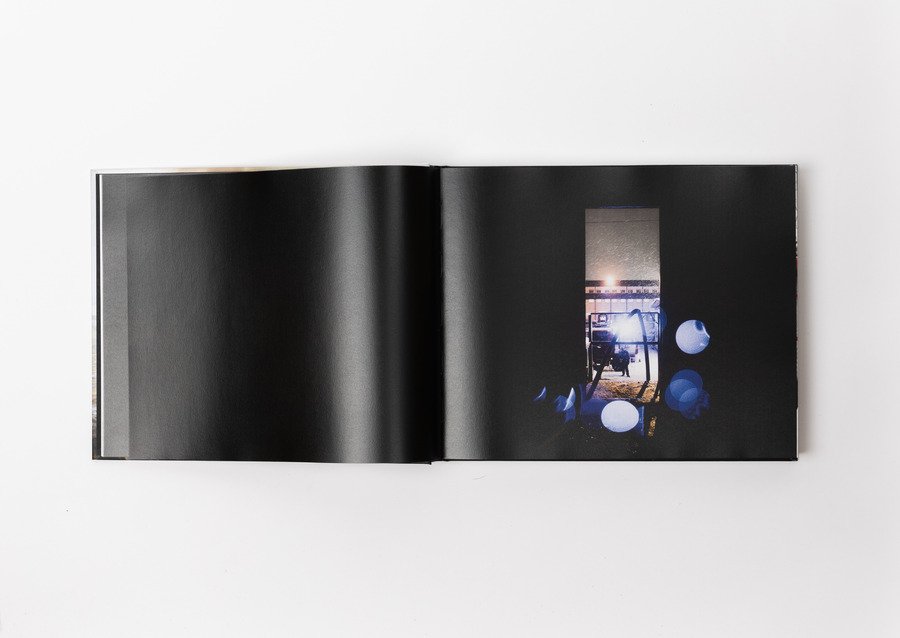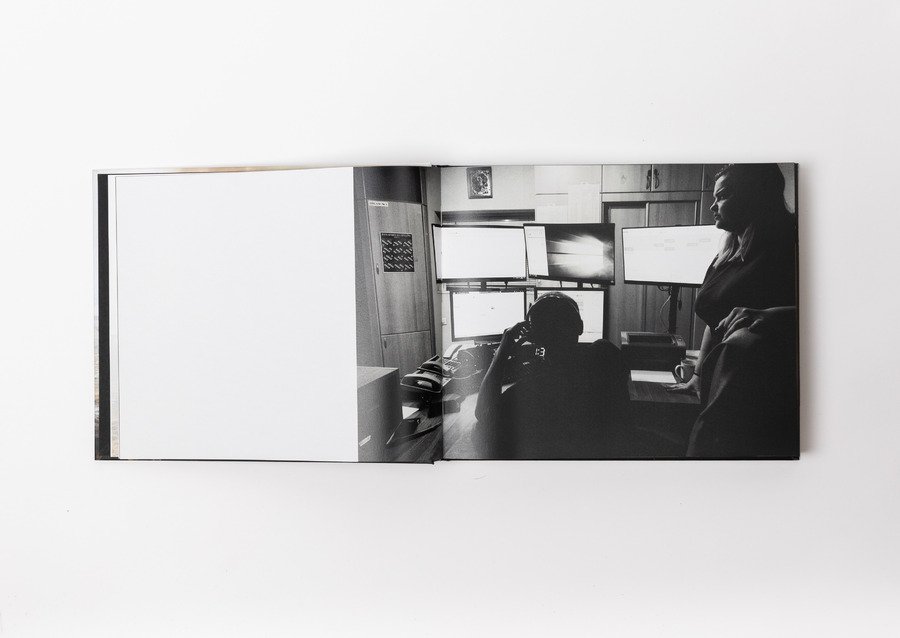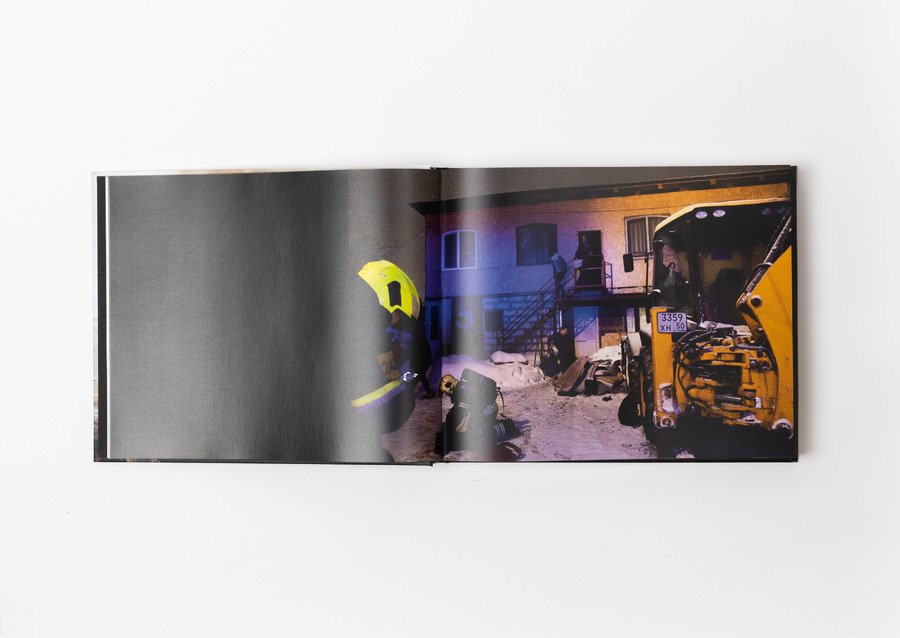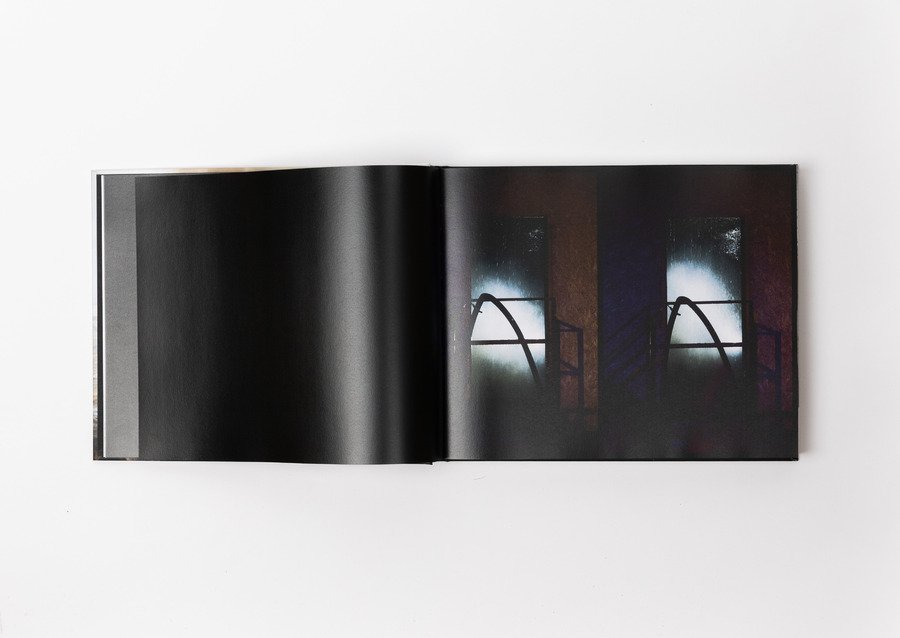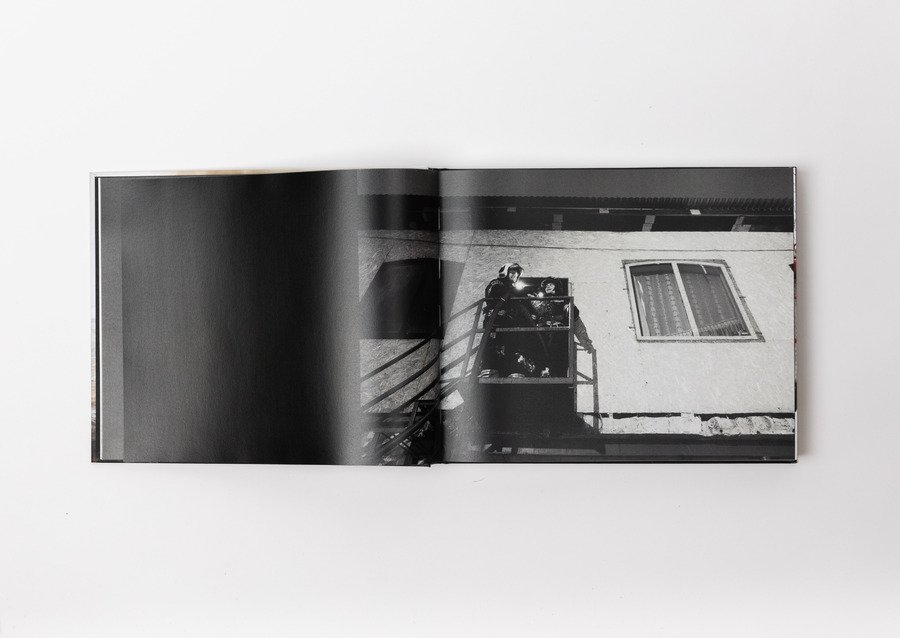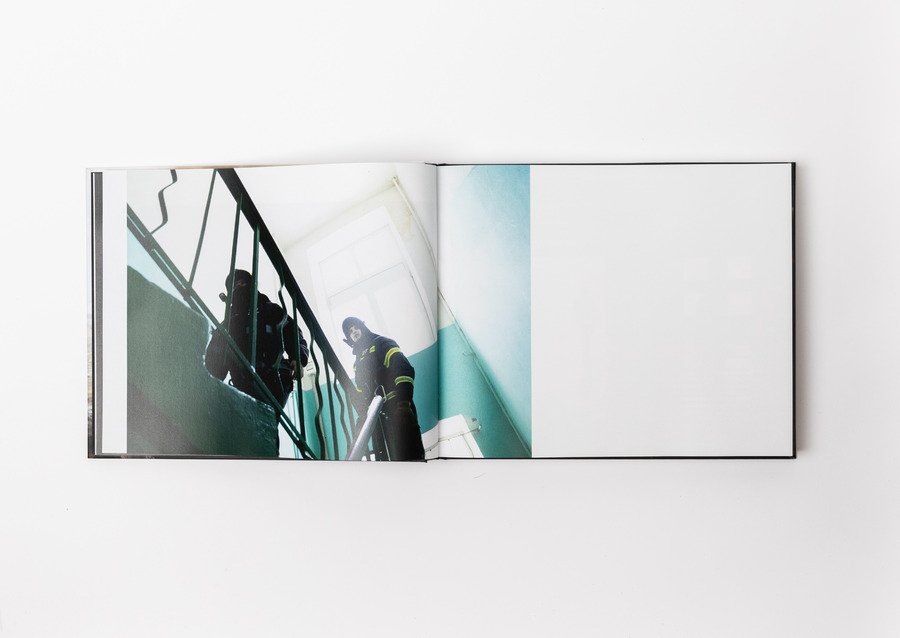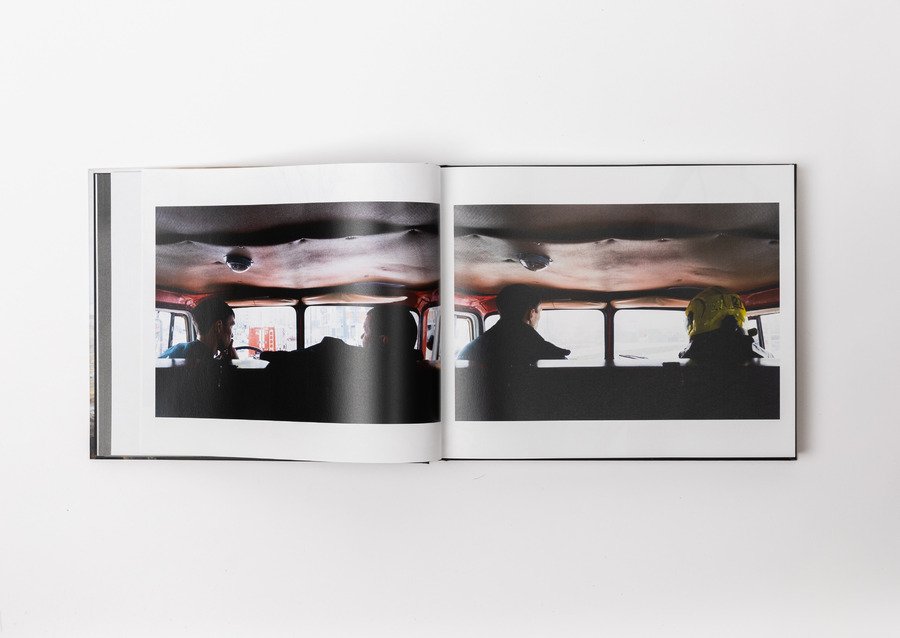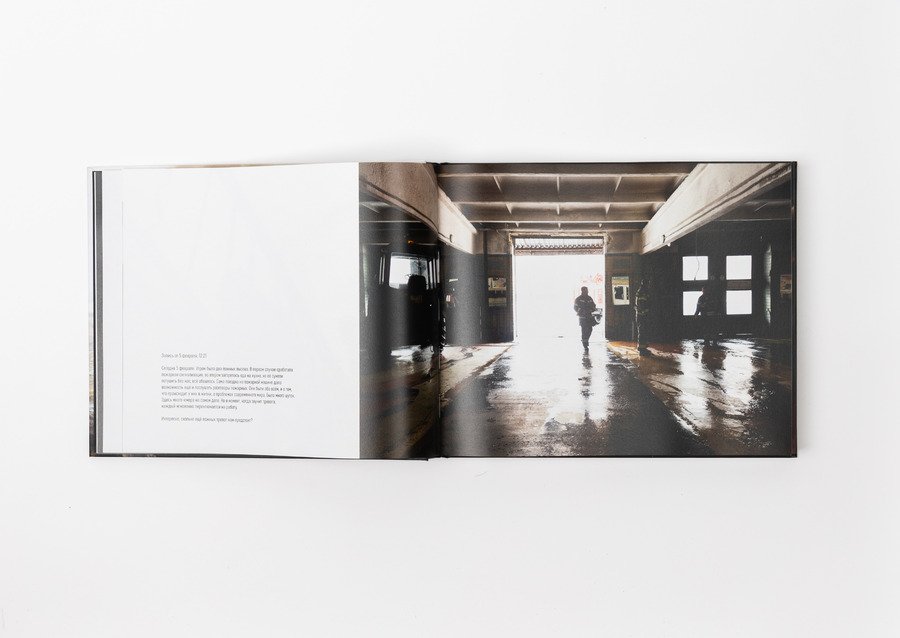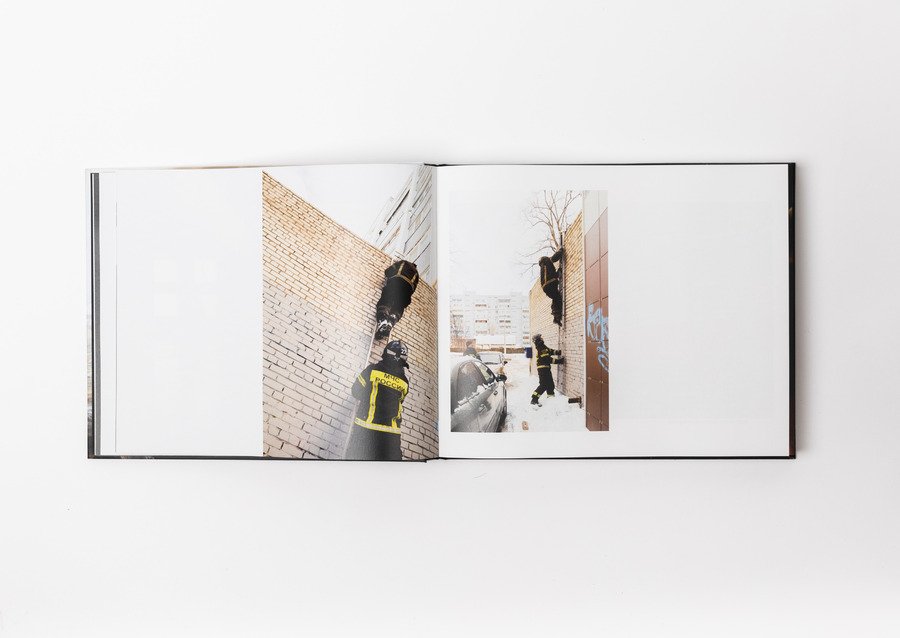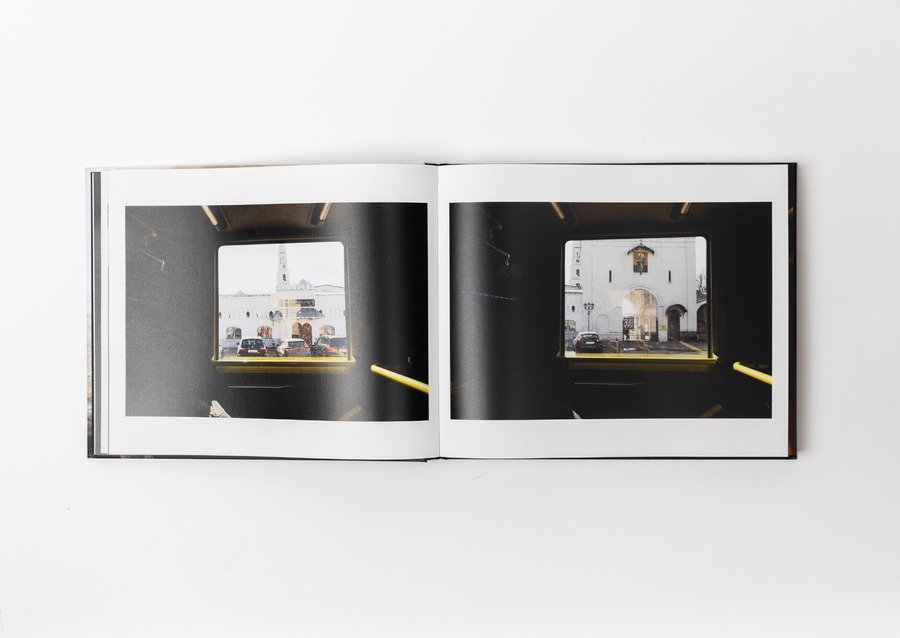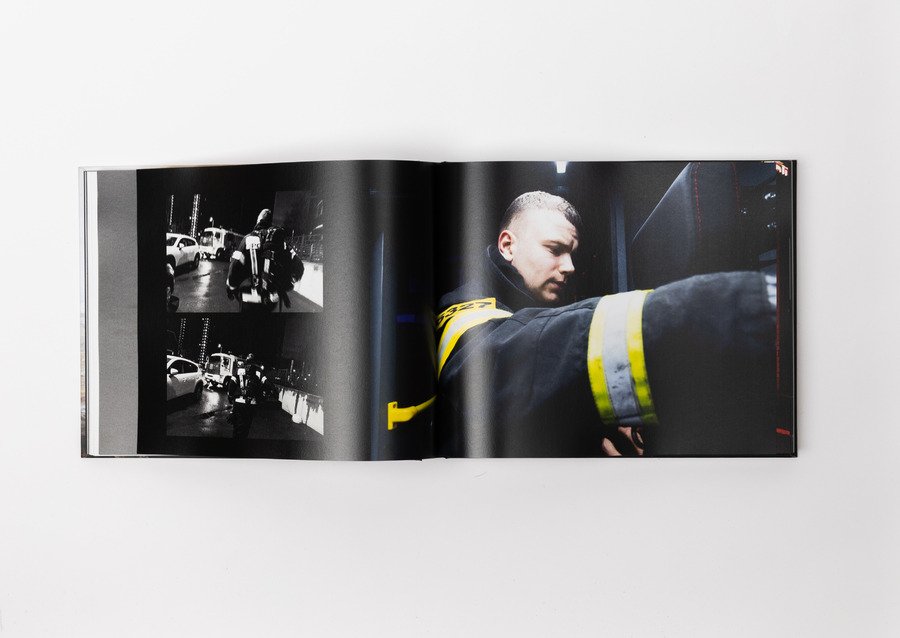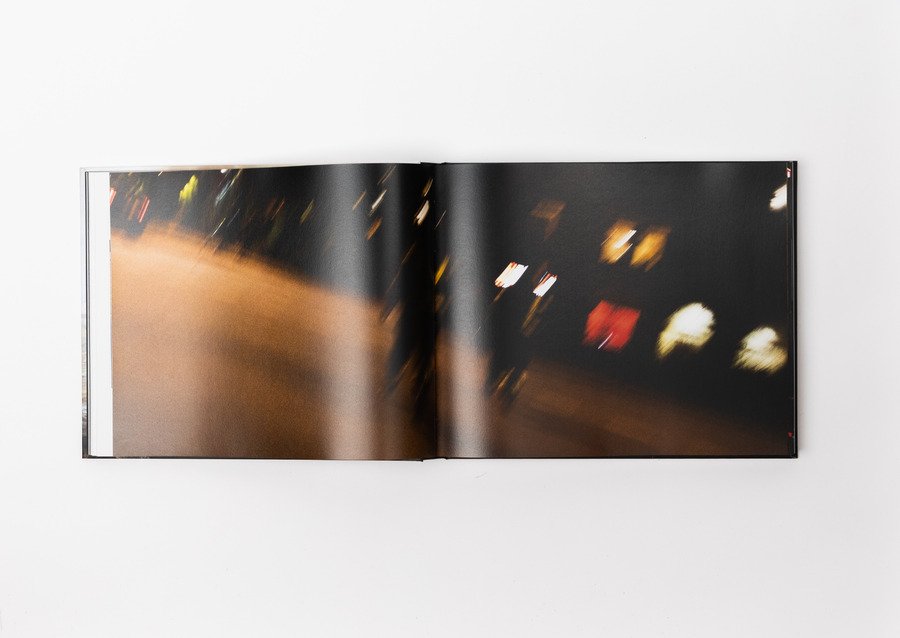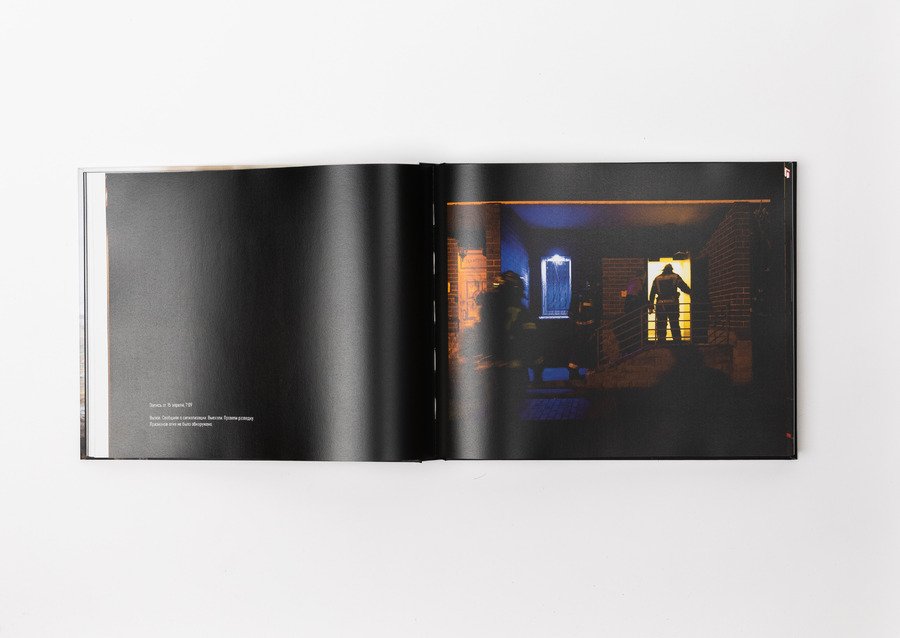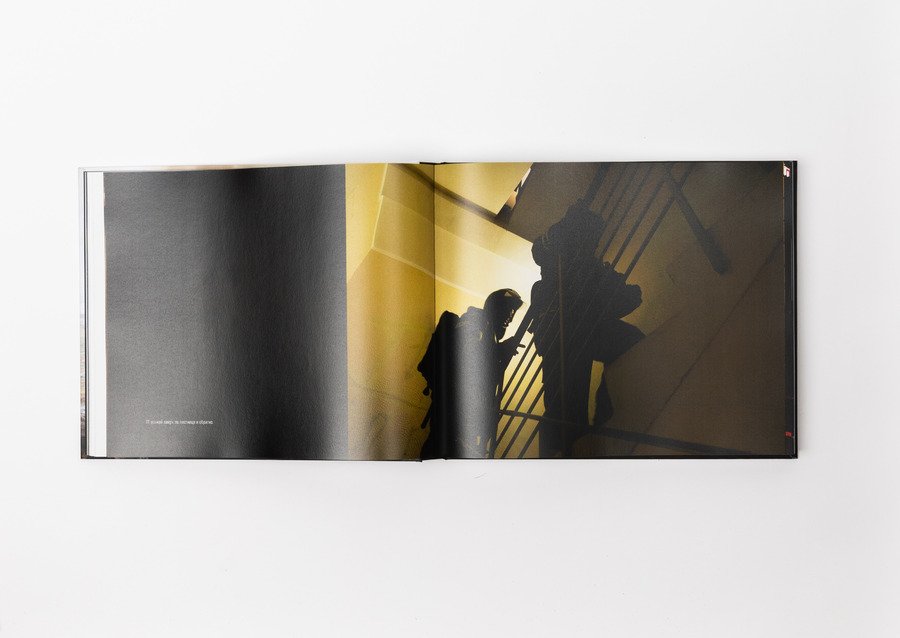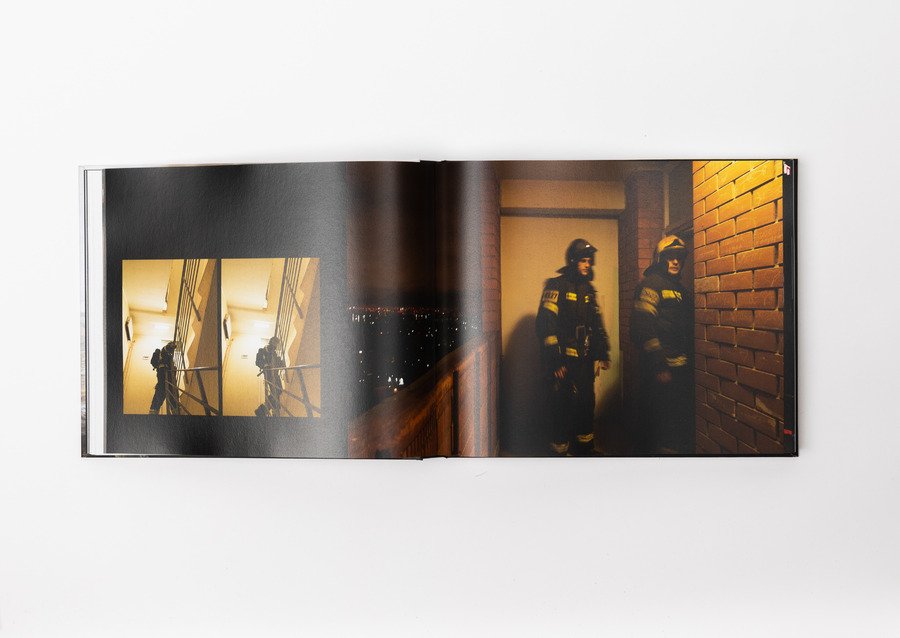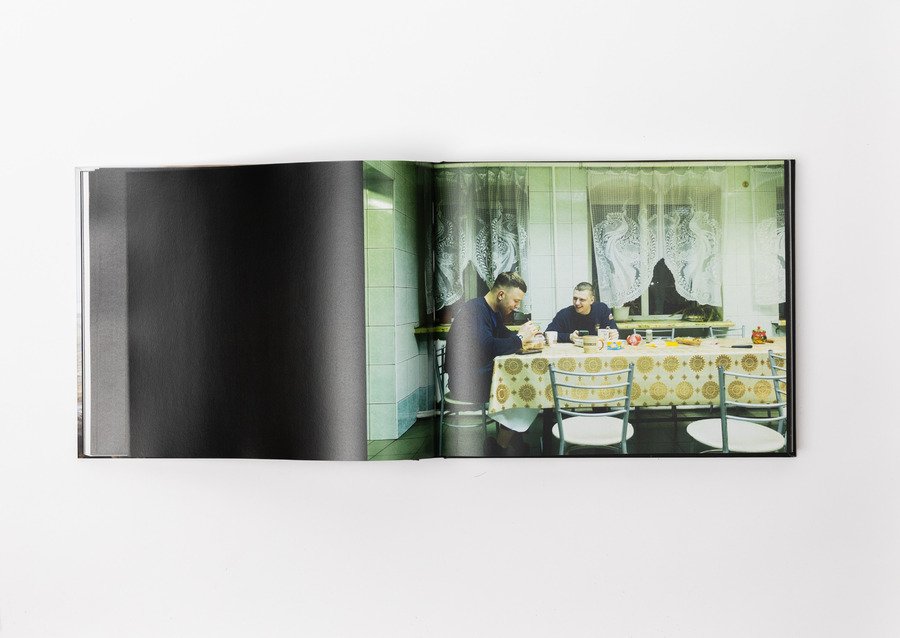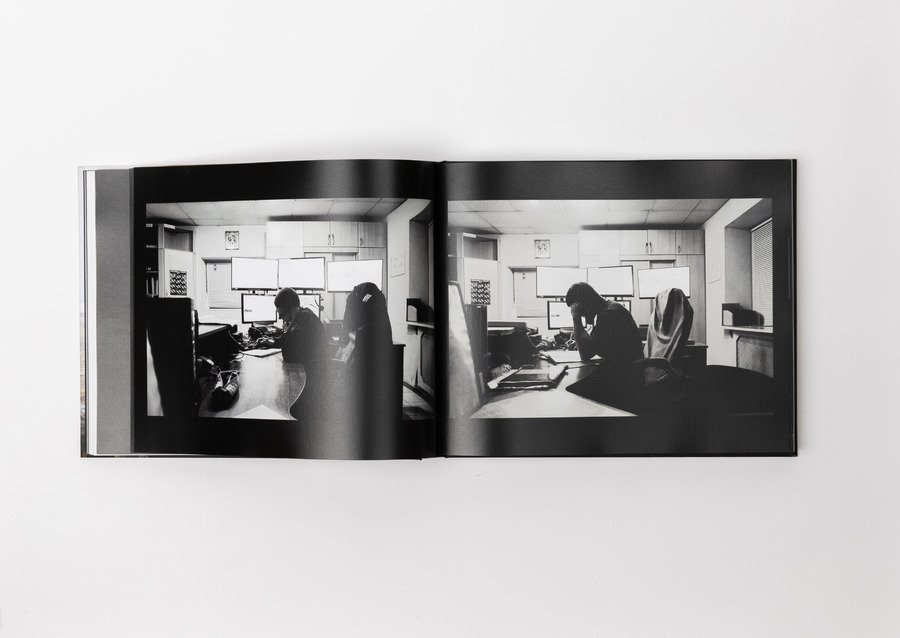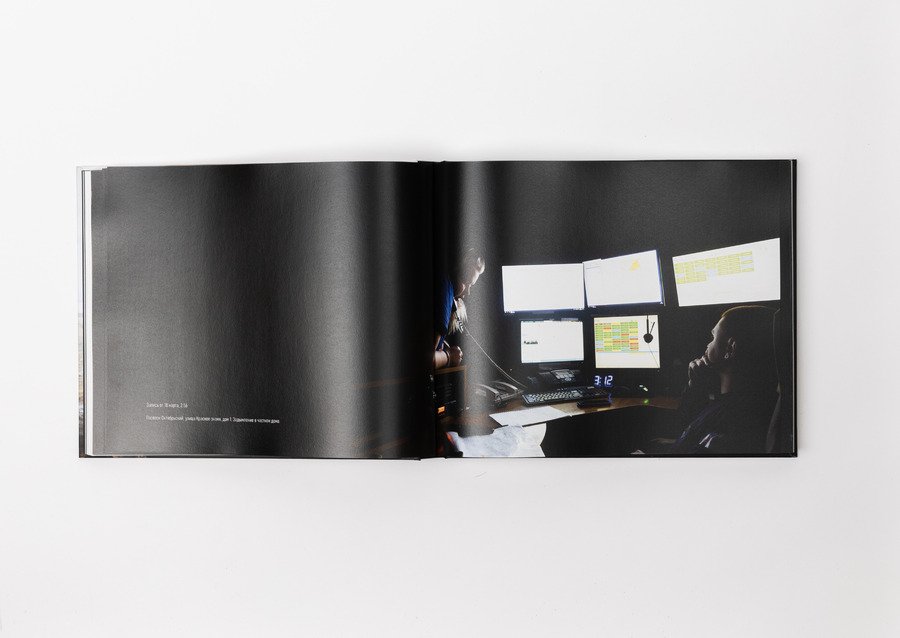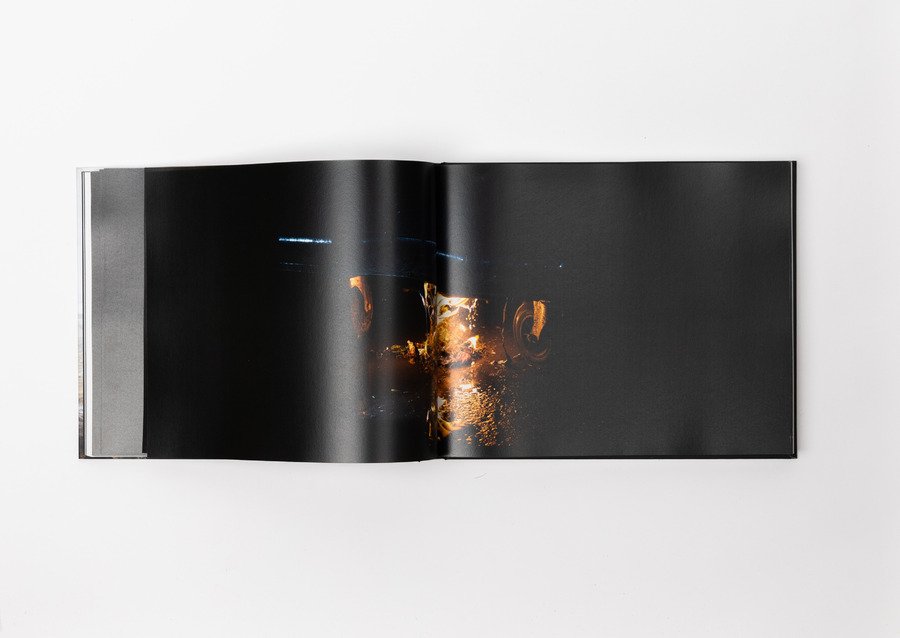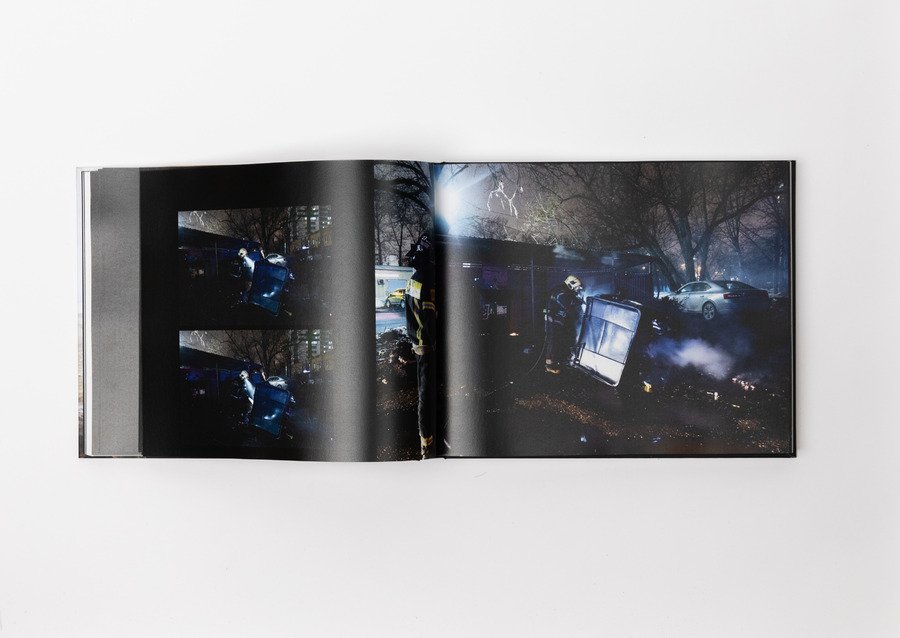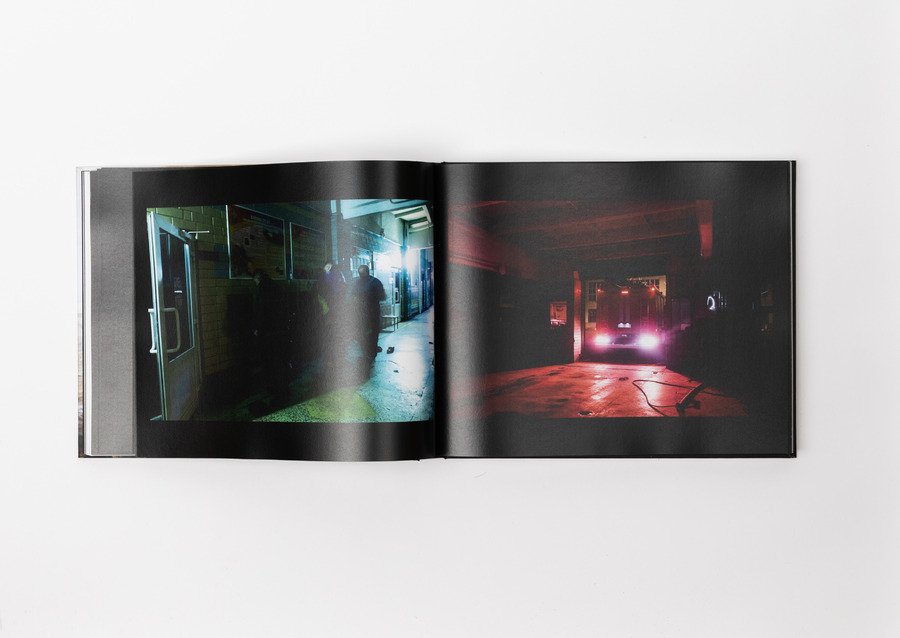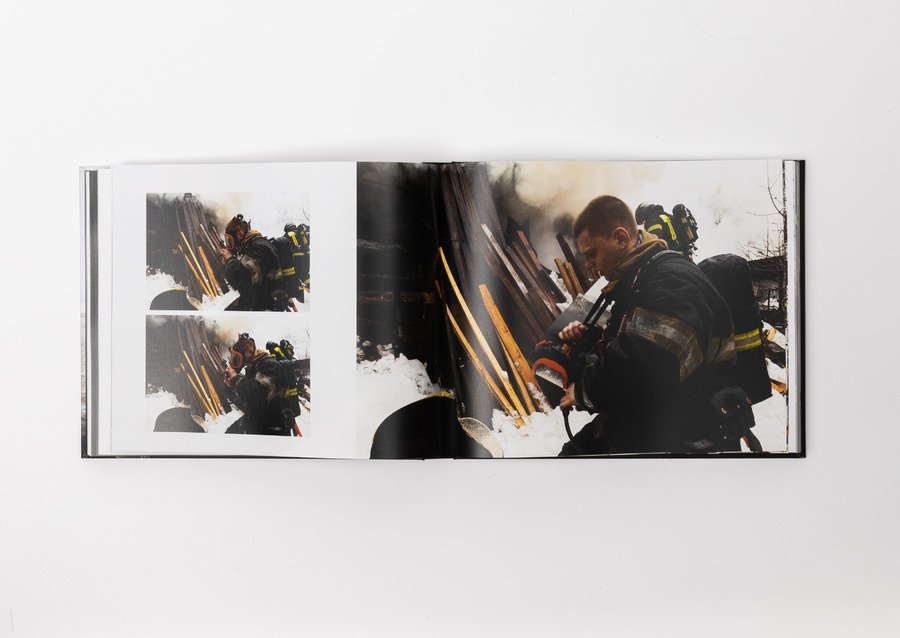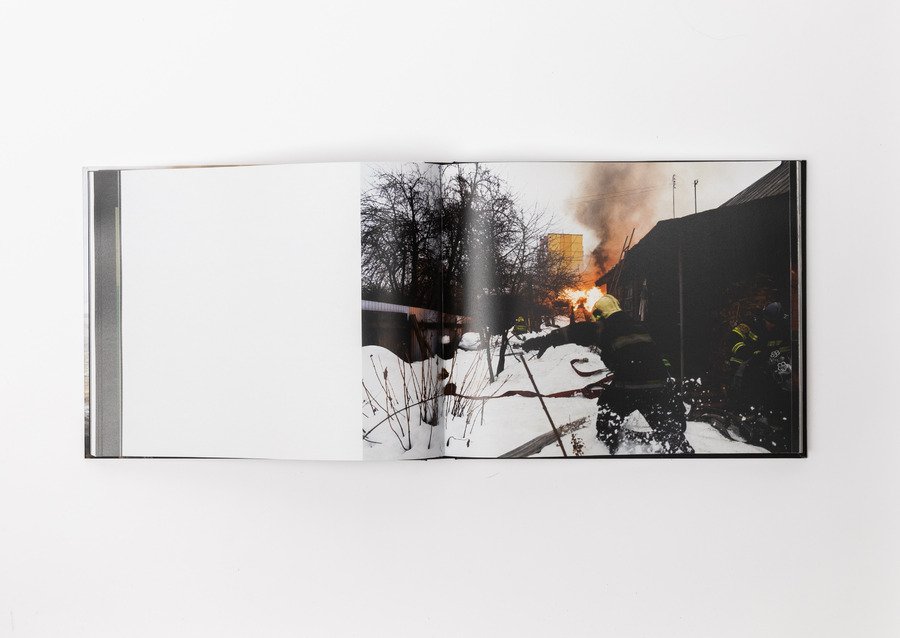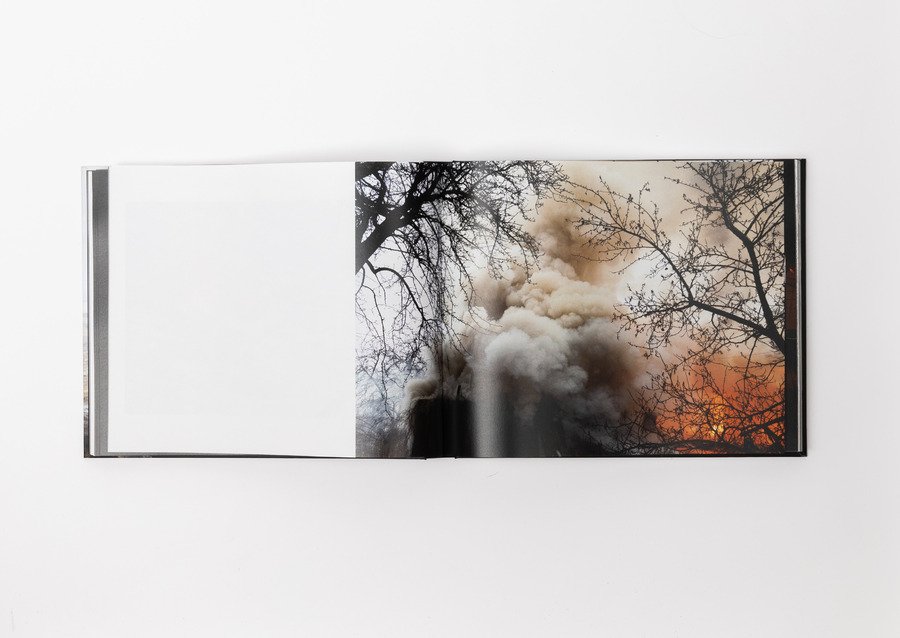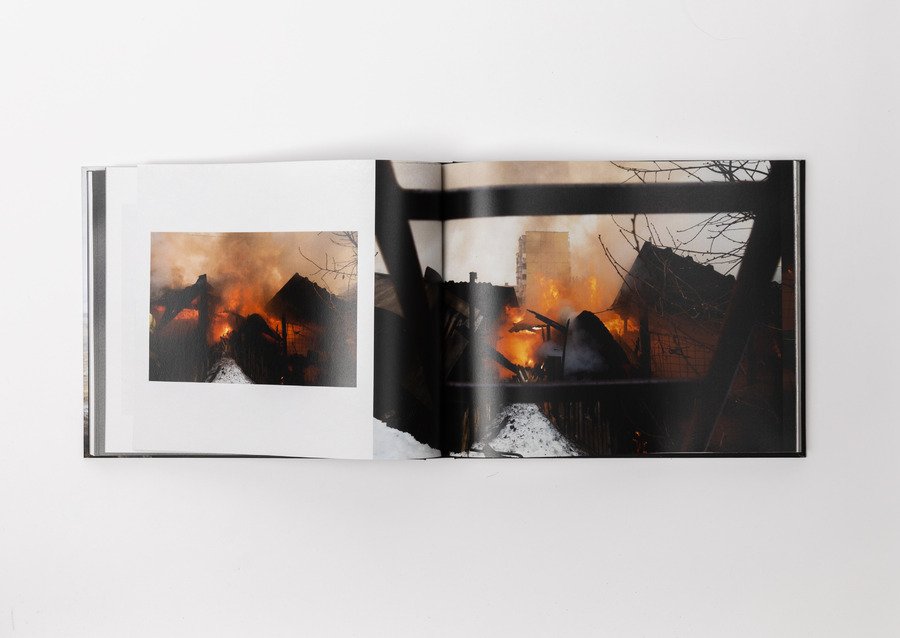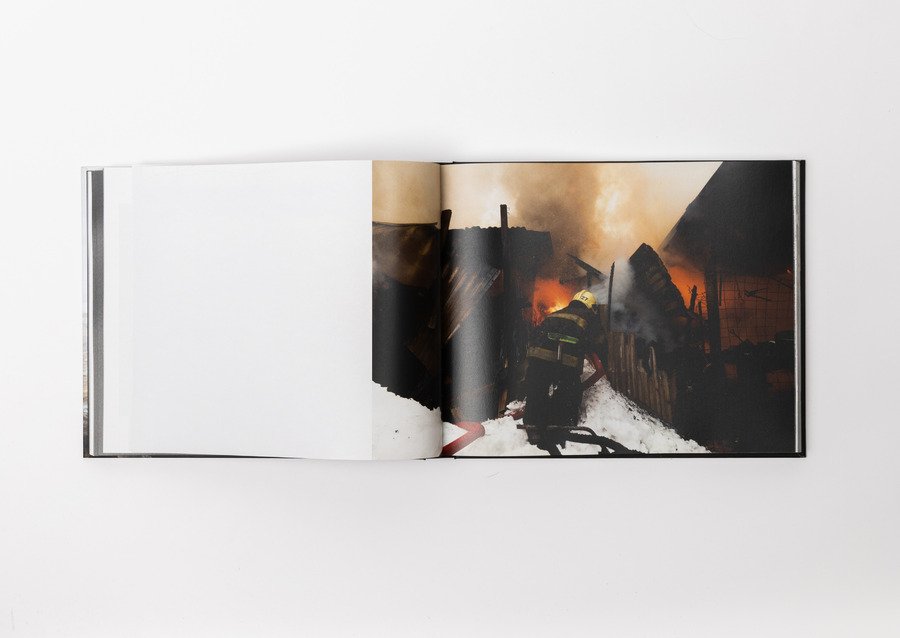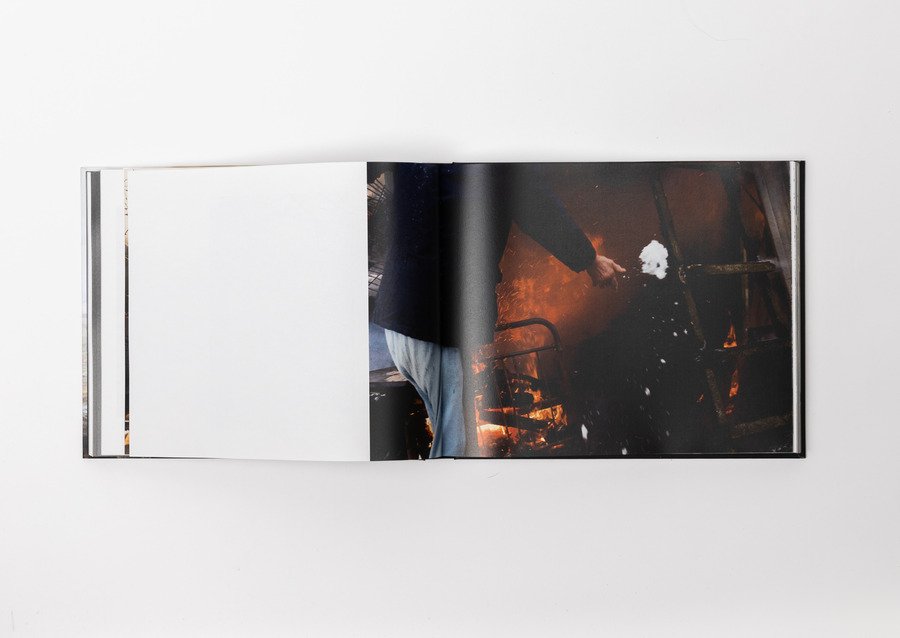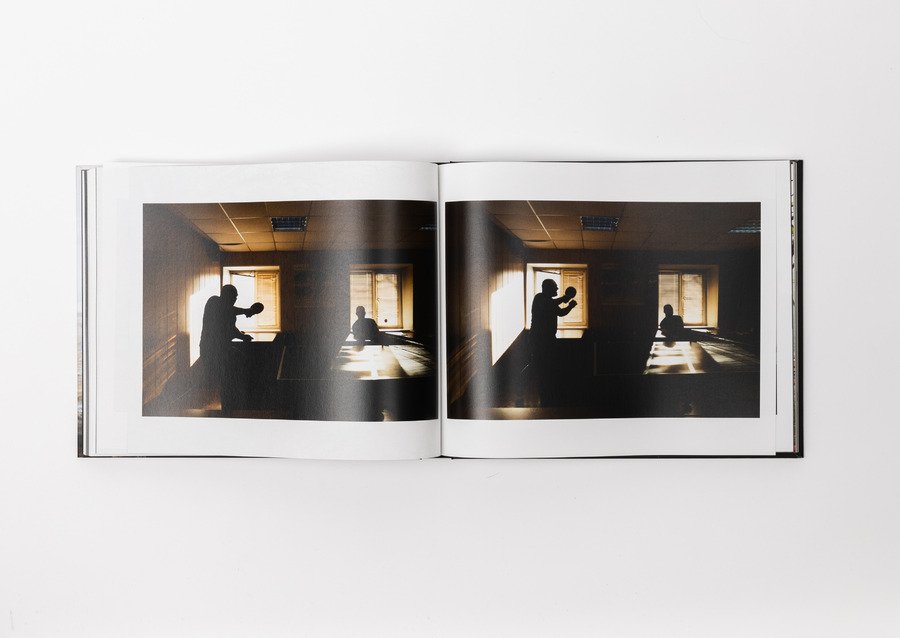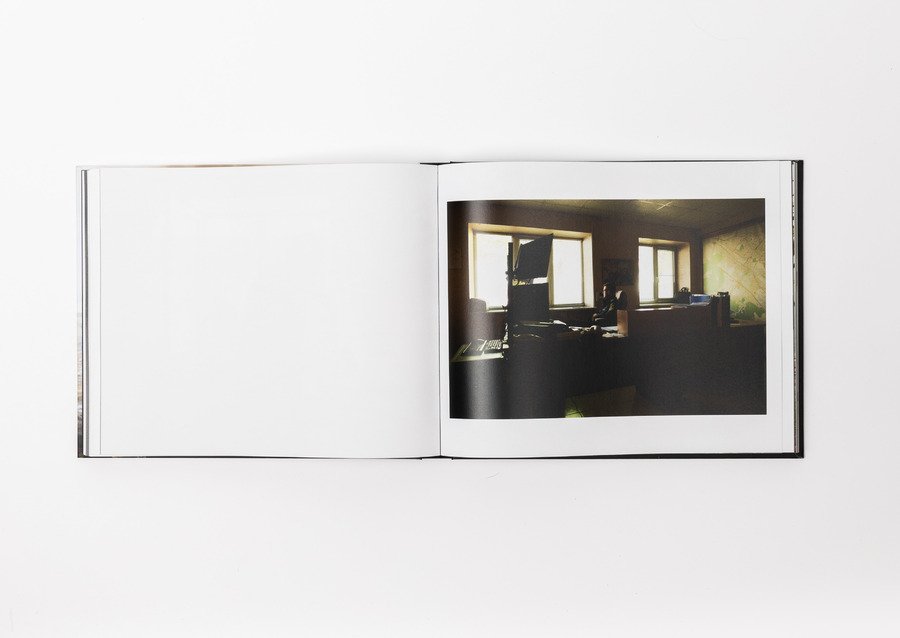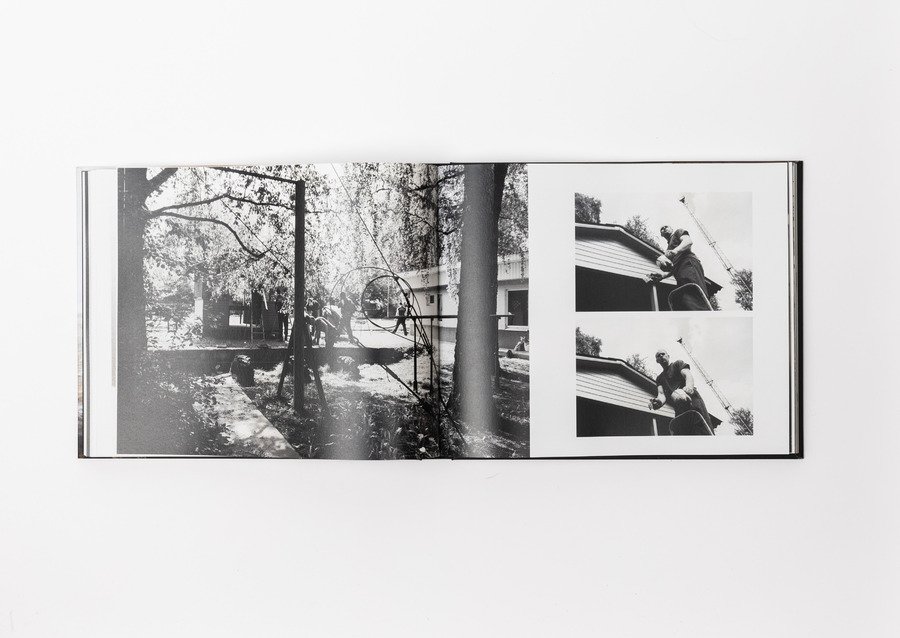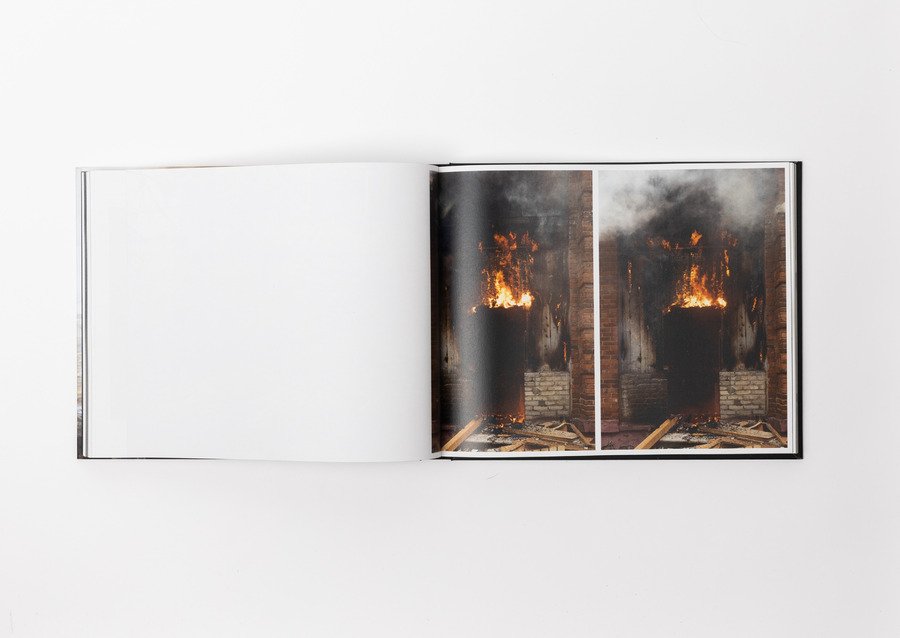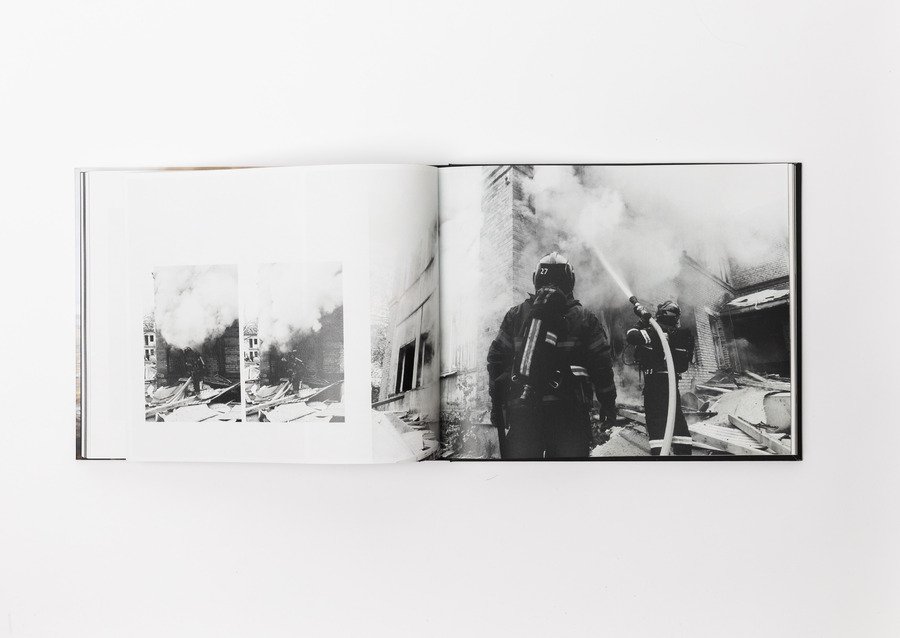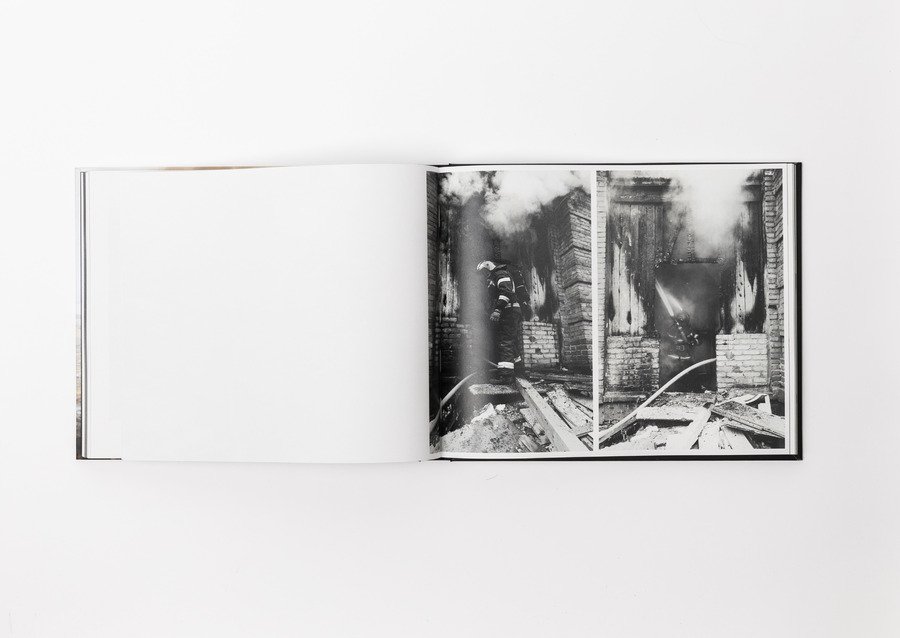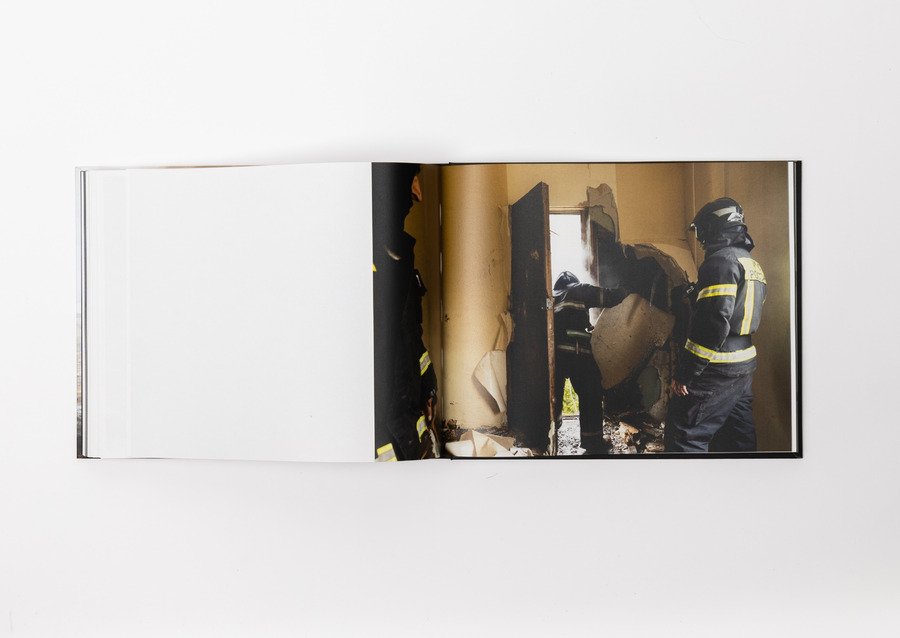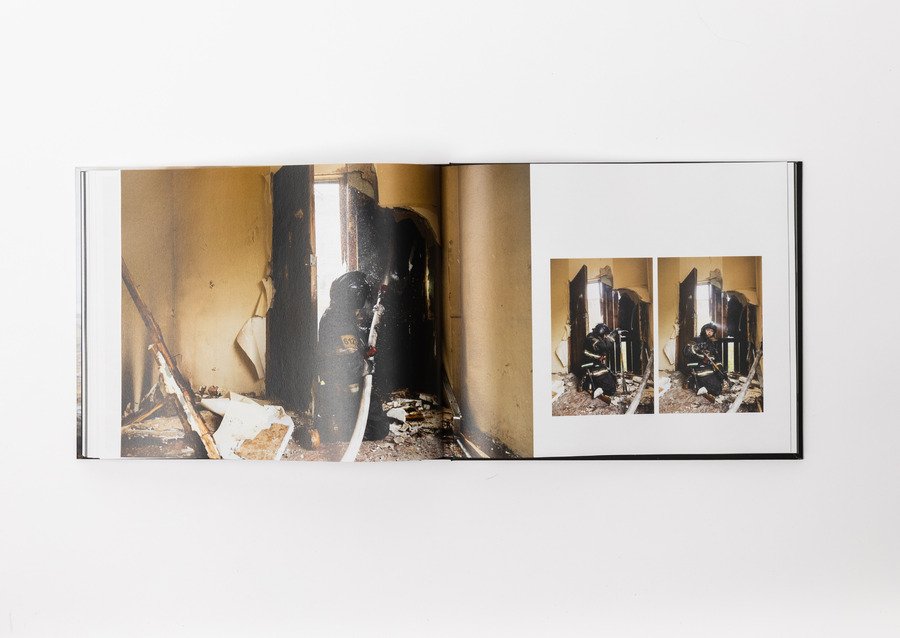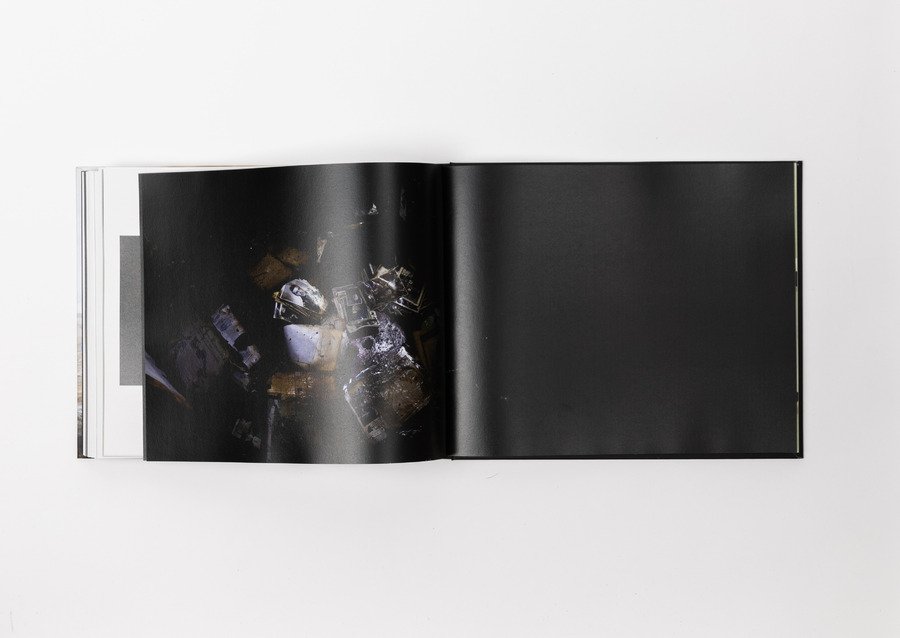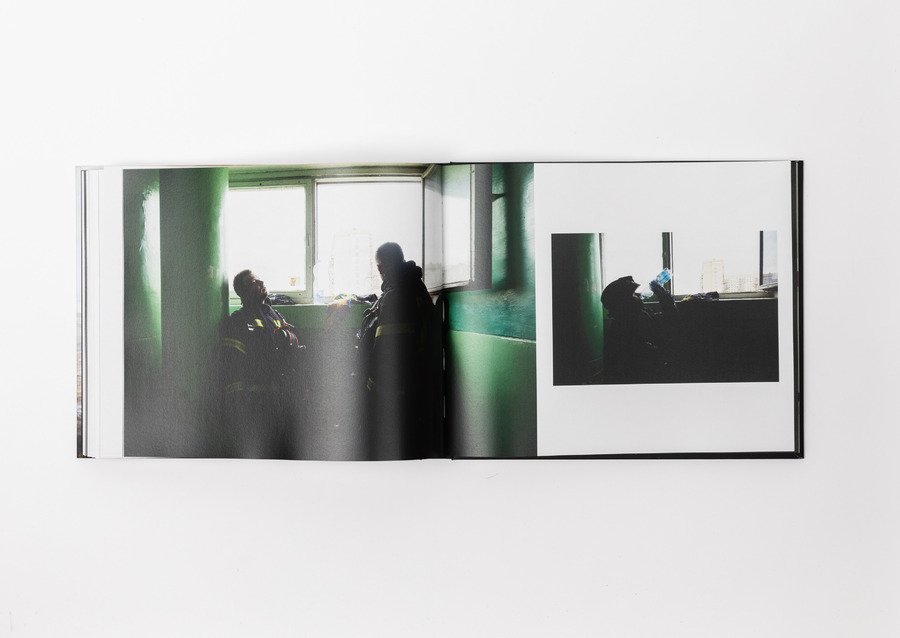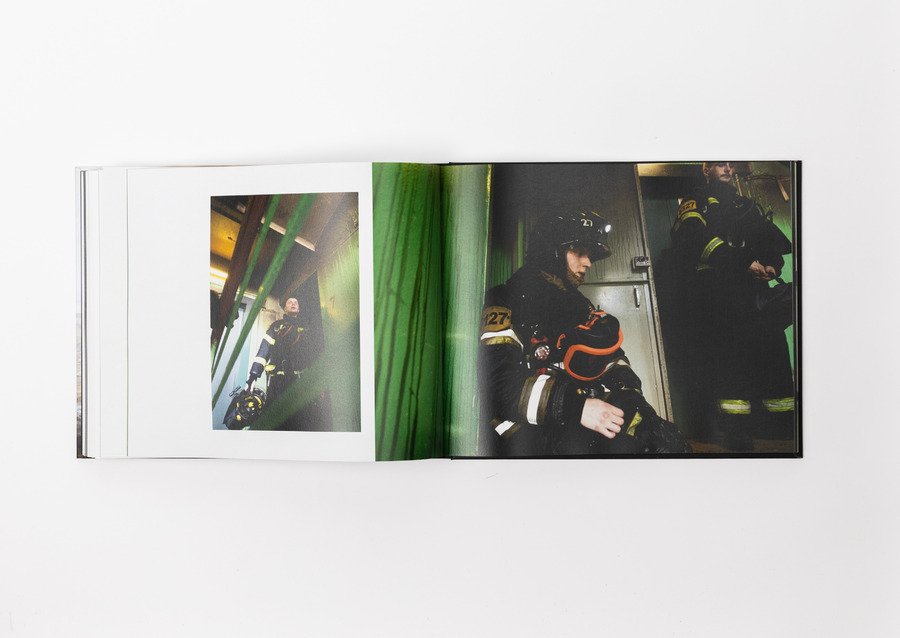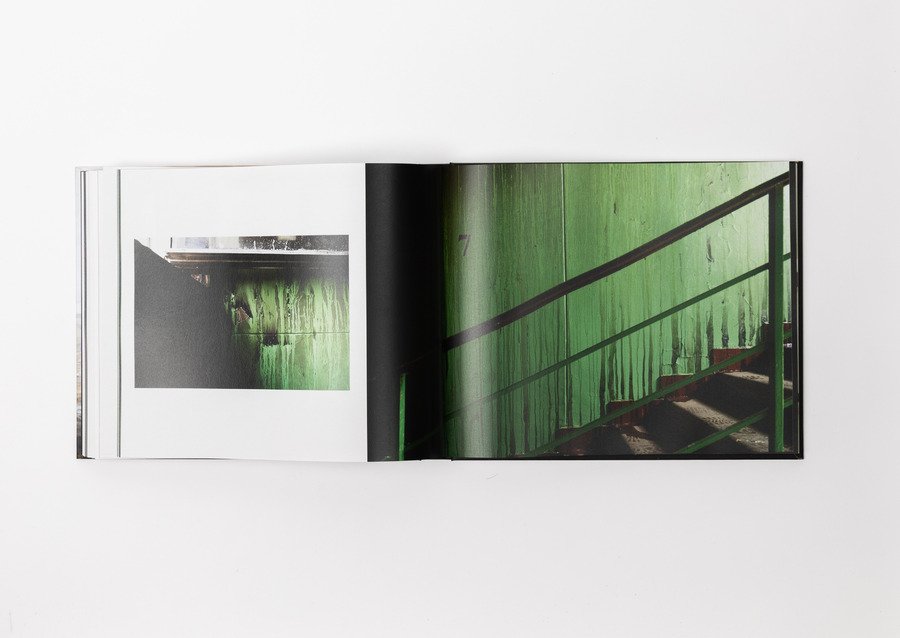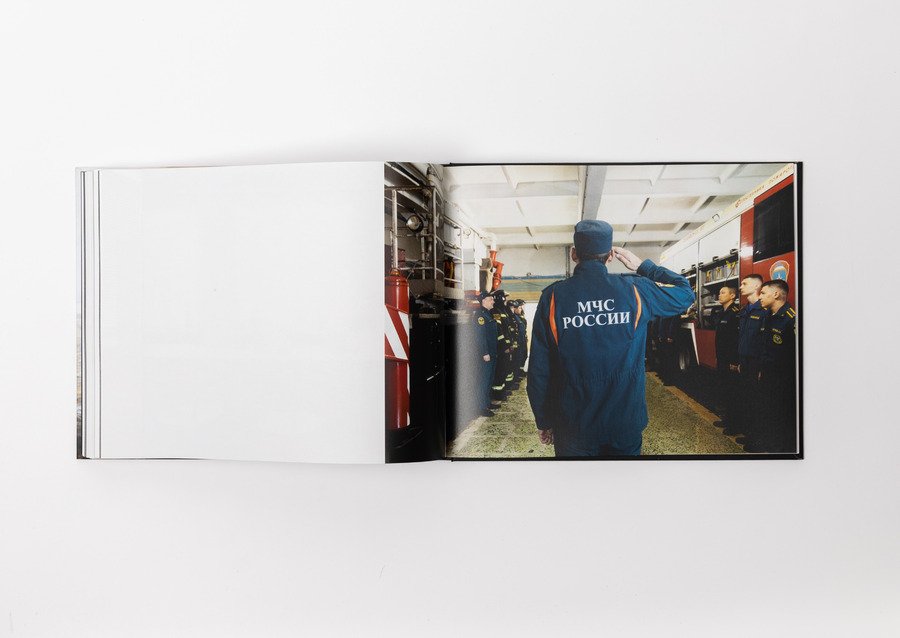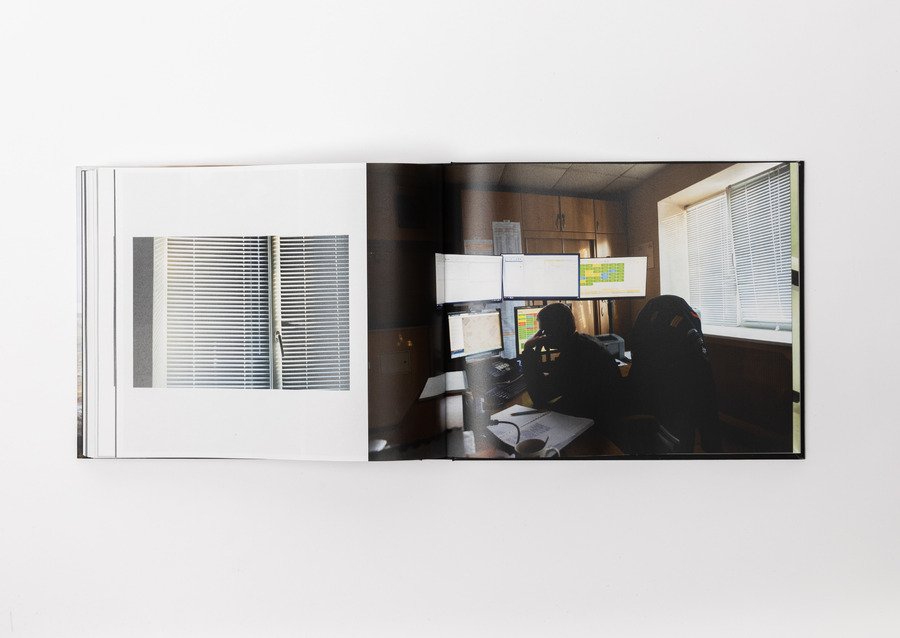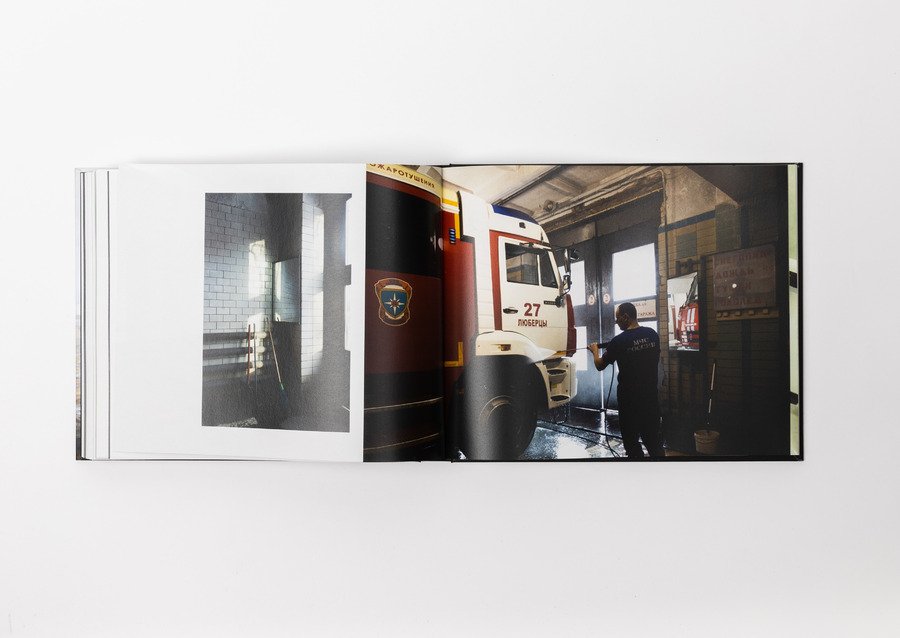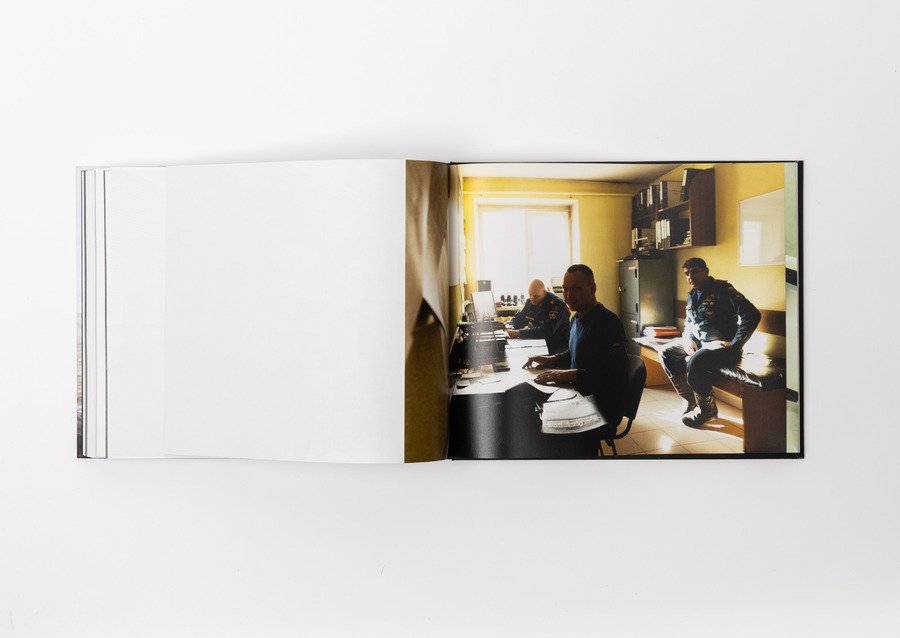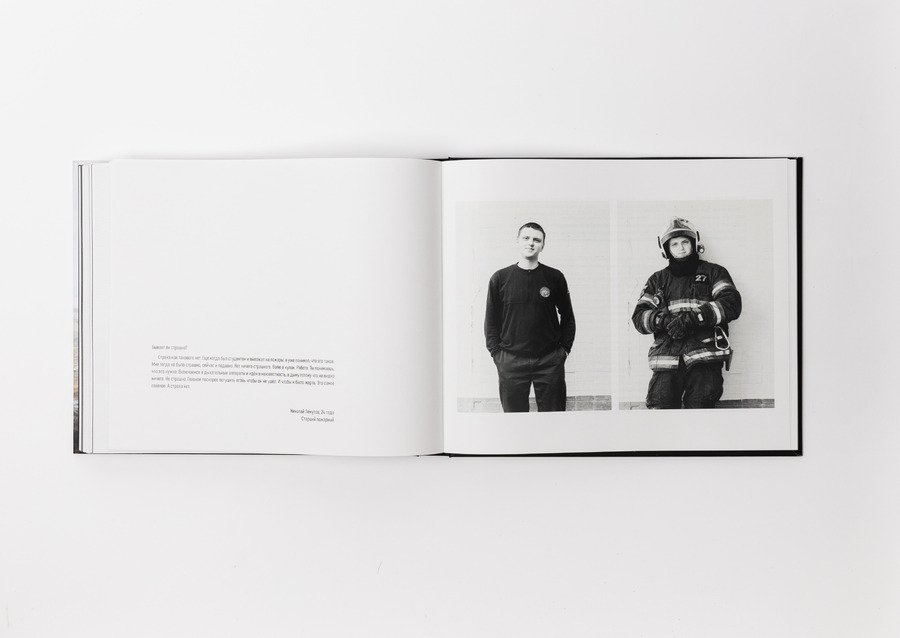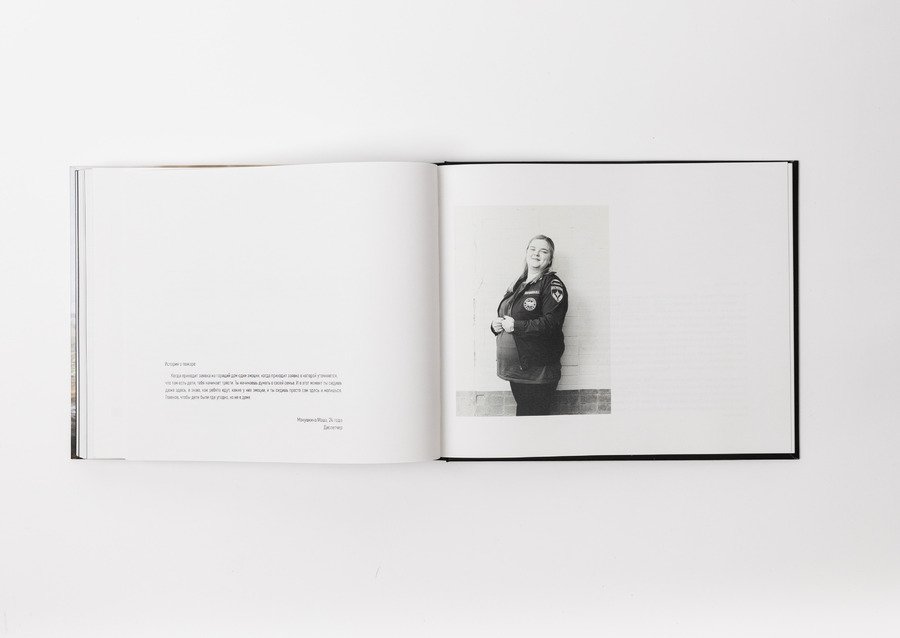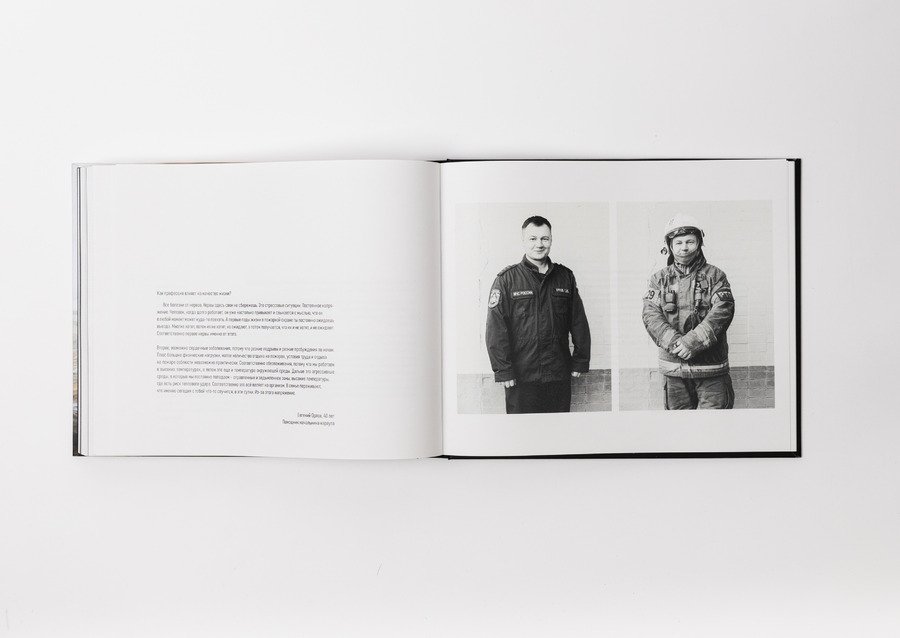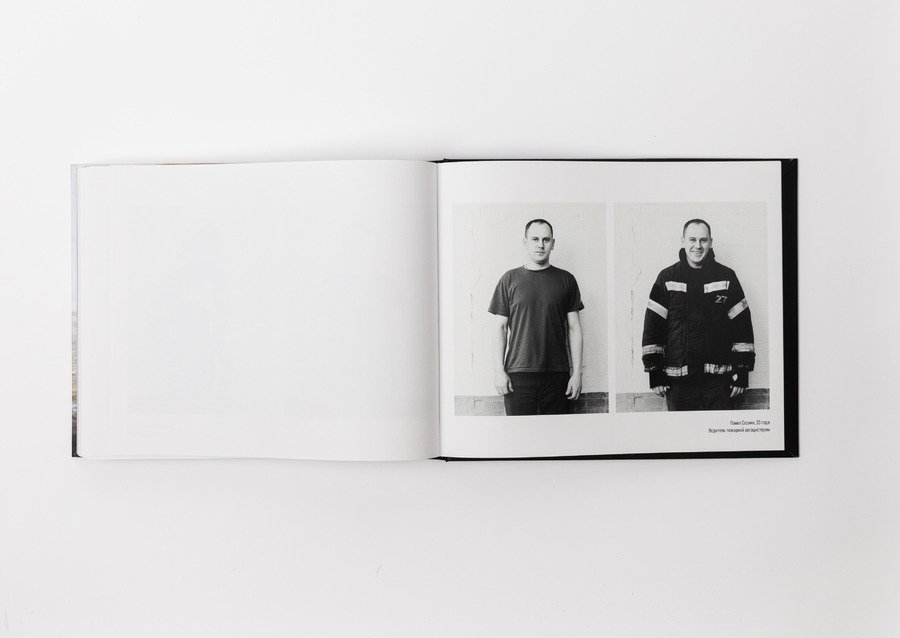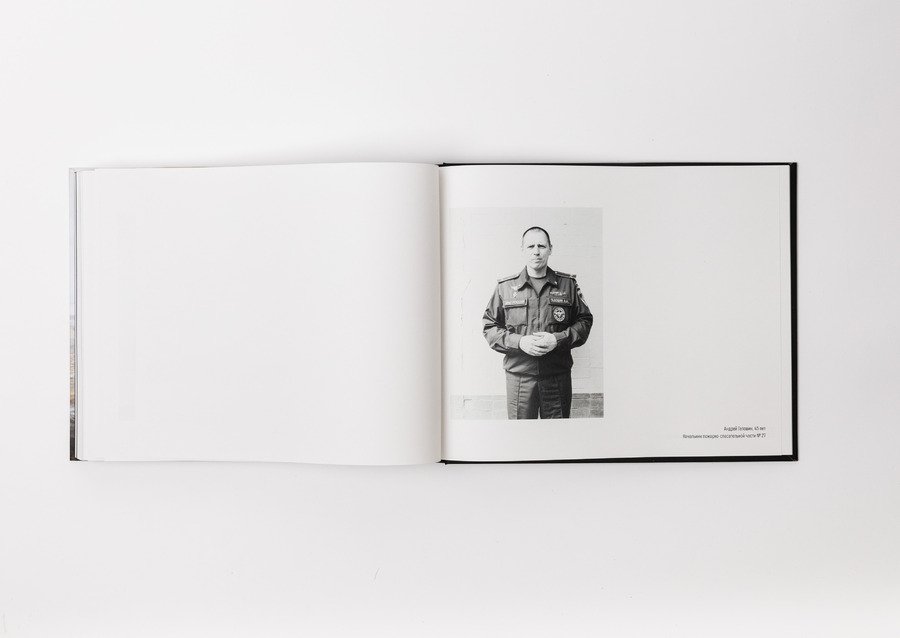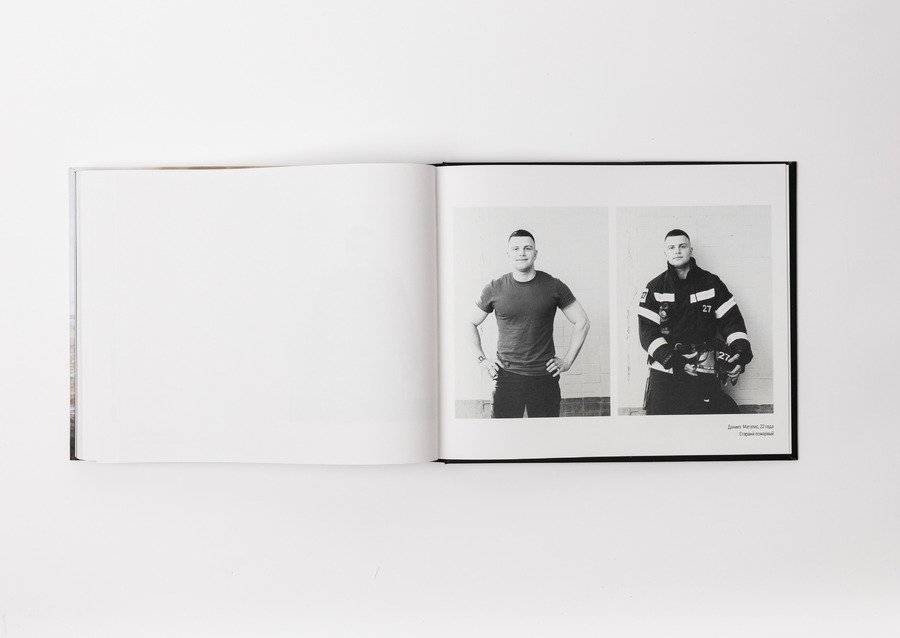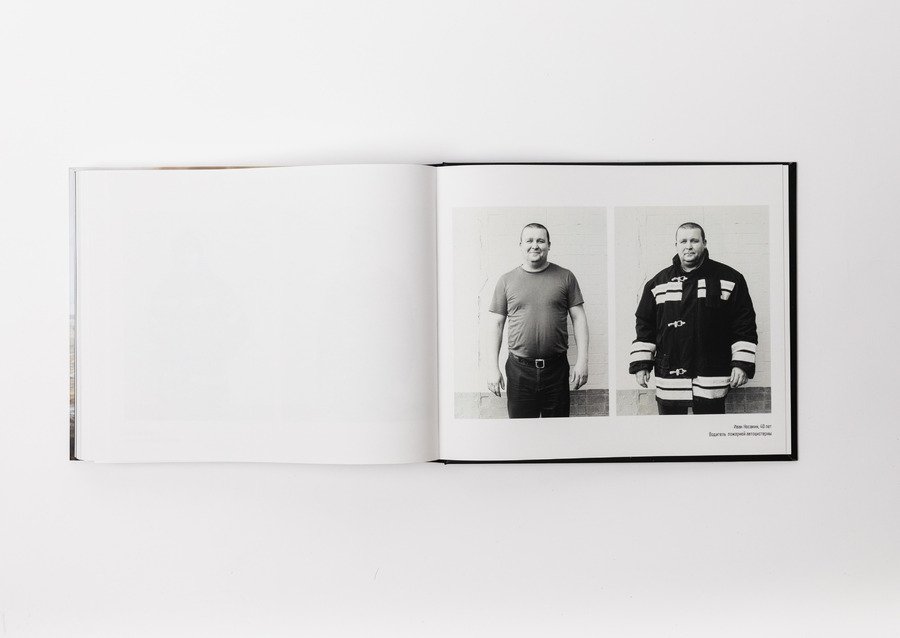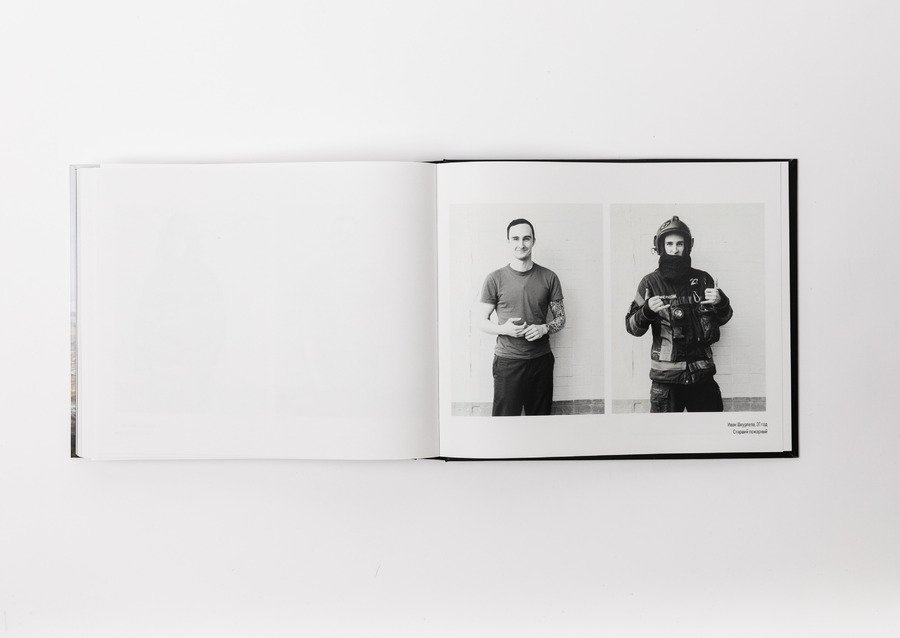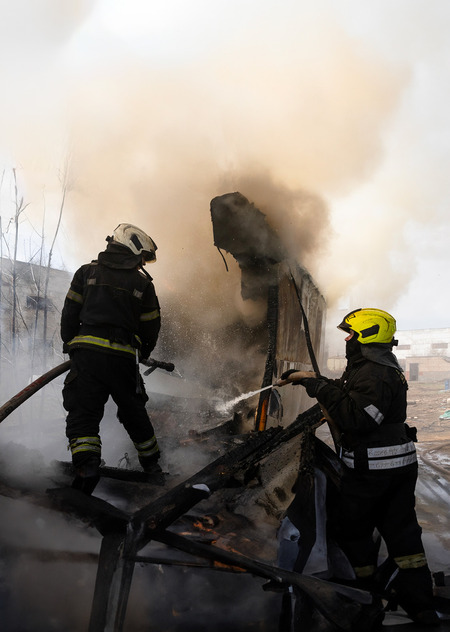
PART
Concept
We often think about things that don’t exist. The heroes of the fictional world who live only in our fantasies. About their lives, their actions and their exploits. We bring their images to the ideal, force ourselves to believe in their existence. But reality is not a continuation of fantasies. It’s not the way it works. And real people, too.
Under the influence of misperceptions of society, a person is held hostage to images that aren’t made up by him. These images follow him, freeing him only when he is alone with him. But their blood pressure is rising with every new move made in plain sight. In the eyes of people who do not separate the appearance and the hidden behind it.
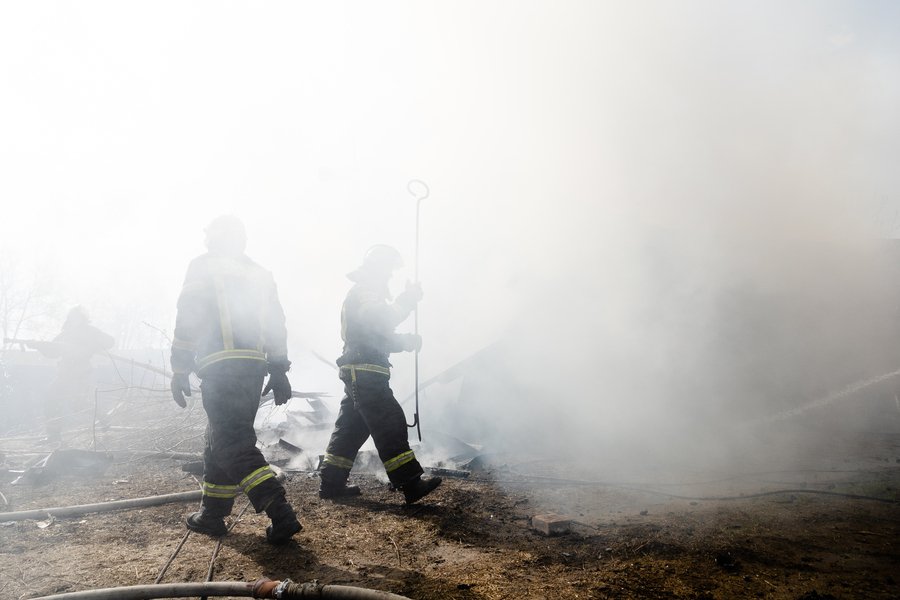
That part of the firefighters' work that we see is just one, the outside side of their lives. A beautiful picture of a hero breaks down soon after you’re behind the scenes, where you discover a real person. A man with his struggles, difficulties, and contradictions, a life he strives to live with dignity. We don’t know anything about them. Who are they, how did they get here, and why are they here? We think they’re fearless, but fear is part of each of us, and we think they’re powerful, but they’re just like us. Someone came here at the call of their heart, someone followed a friend’s example, someone didn’t know where to go and chose this case, because it’s brute. There can be many reasons. But the important thing is that these people are here now and that they’re all part of something bigger.
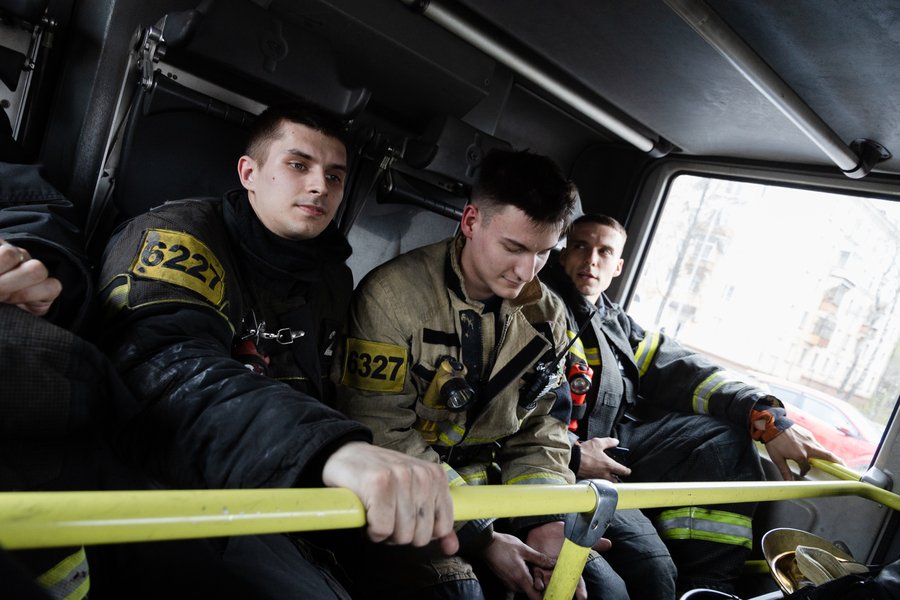
No one really knows how the fire department works.
On days when no departure takes place in 24 hours, time can last indefinitely. Waiting becomes part of the job. The circumstances that lead to saving lives are rare. Often firefighters have to go to a lot of false calls arising from smoke-related alarms on a stairwell. To react to the burning of garbage or the burning of food, which in most cases is put out by the complainants themselves in a moment after a palpable fear. Heavy fires are much heavier than we can imagine. They make you forget about yourself and fall into the unknown. They leave only a terrible sense of exhaustion. It’s a lot of physical work. It is a dangerous job, where every day it is to overcome fatigue, temperature, smoke — another frontier that opens up new dimensions in people that erase the very notion of the limit.
In such circumstances, the charm of heroism disappears, exposing the other side — the side of a man who has lost his strength. His eyes are shocked, thirsty and hot. He did the impossible, but he was so tired. These heavy episodes help the team to cope. Mocking jokes, pranks, talking to colleagues, minutes of laughter and joy are things that distract from bad things. There’s a lot of support and a lot of care.
There’s so much in this job, and we see so little in it. We only know part of it, while everything deserves to be seen.
Book


Photos
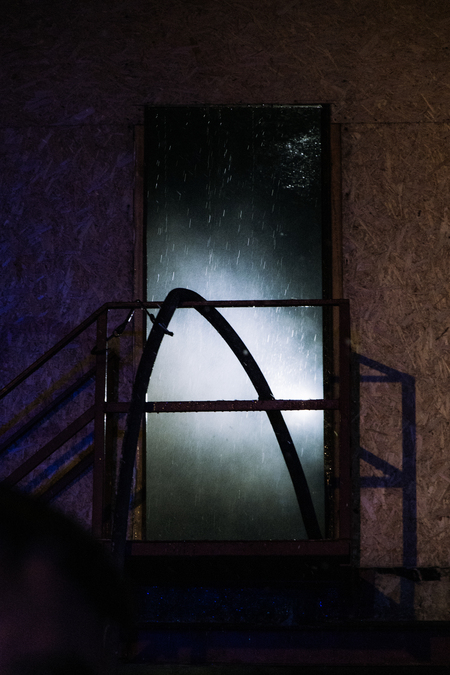
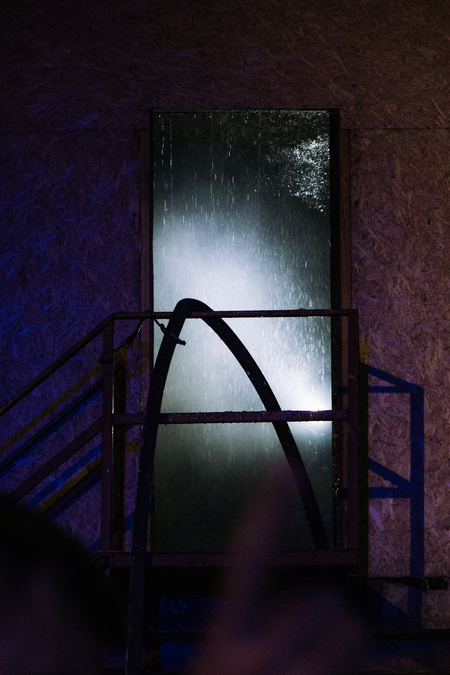
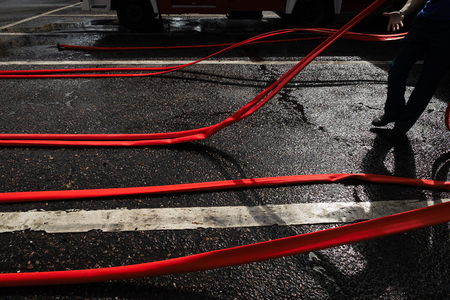
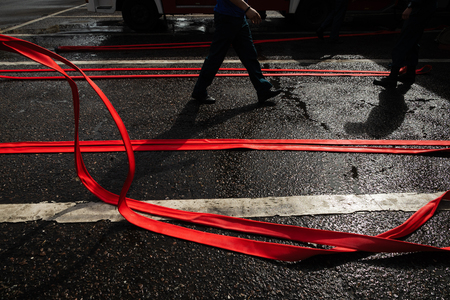
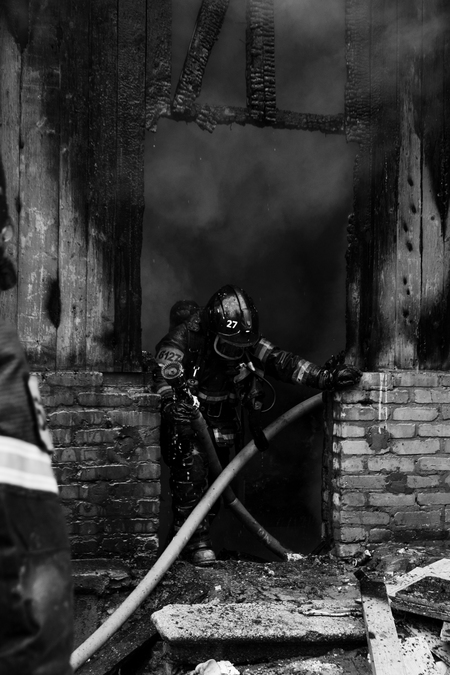
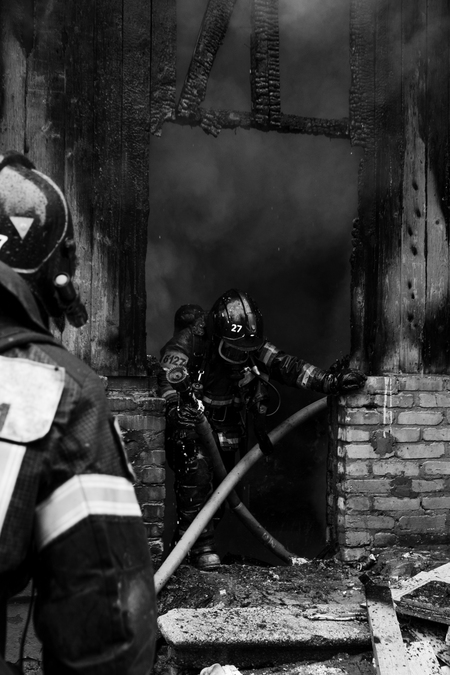
They. Interlocutors
Nikolai Lemutov, 24 years old Senior Firefighter
Is it scary? There is no fear per se. When I was a student and I was on fire, I knew what it was. I wasn’t scared at the time, now and then. It’s okay. A whip in the fist. Work. You know what you need. We’re gonna go into the breathing apparatus and go into the unknown, in the smoke because we can’t see anything. It’s okay. The best thing is to put out the fire so he doesn’t leave. And make sure there’s no casualties. That’s all that matters. There’s no fear.
Ilya Danilin, 40-year-old Division Commander
How do you feel when you realize you can’t be saved? It was. At the start of the service, emotions were beat because it’s hard when a man isn’t saved. Then, in time, you start to rebuild yourself, to be sloppy about it, because if we start showing emotion, to keep showing, unfortunately, we can’t work properly. We need to pull ourselves together and keep going. It’s life and work.
We can’t save anywhere, unfortunately. And if it’s painful every time you react, next time you won’t be able to come, because you’re gonna be emotionally suffocating yourself. That’s why weak emotional people don’t work here. Of course it’s pathetic, of course, for a while, people are worried, young guys, but I’ve already changed, and I try not to think about it on a day-to-day basis, because you’re getting ready for another, God forbid, to leave. But, of course, there’s some kind of stress, especially when animals, children. Animals and children are more vulnerable, depending on someone. Animals are locked up, babies are full of breasts. People who get caught up in these situations tend to drink, smoke in most cases. I’ve rebuilt myself in the sense that it’s probably the people who are responsible for it, and it’s probably easier for that. And animals and children, of course, are hard, it’s the negligence of adults.
How have you changed over the years? I got a little old. The wrinkles came out, funny because. Of course I changed a little bit. At first, there was, uh, euphoria, the fire department. I wanted to help, help out, and I didn’t think it would hurt people. I wanted to get to the fire. Now, of course, I don’t want anyone to get in trouble. You’re squirming. That’s not how you understand this case. No one’s ever gonna tell the truth about the fire department until you work in it until you duck in there. What’s on TV or the guys say, well, you know, they won’t say much because it hurts, it scares us. It’s our inside, firefighter. We can handle this, of course. But, of course, there’s been a little change of heart, to be honest.
Evgeny Orlov, 40 years old Assistant Chief of the guard
How does a profession affect the quality of life? All nerve diseases. You can’t save your nerves here. These are stress situations. There’s a lot of tension. Man, when he’s working long enough, he’s getting so used to the idea that he can go anywhere at any time. And the first years of your life in the fire department, you’re always waiting to leave. A lot of people want to, then they don’t want them, but they expect them, and then they don’t want them, and then they don’t want them. That’s what makes the first nerves.
Is it scary? Fear always stays. You’re not going anywhere for fear. Fear is what keeps you safe. He’s not afraid of what a fool says. That’s probably what a lot of people have already said. There’s always a feeling of fear, it’s just that a person’s fear has to overdo it at this point, do it. If you know what your purpose is, you must overcome fear and come to that end. I mean, that’s the part of the profession that many people can’t work for, that is, they can’t overcome their fear and they can’t. A lot of people have been scared for 20 years. Then they retire. Someone’s afraid to leave right away. It’s important to notice people like that because in the future, they can let you down a lot. He’s gonna have to count on it. So in our unit, I can safely hand myself over to any guard so that we can go into the fire with any people who work here now.
Victoria Kotova, 22-year-old Dispatcher
Tell me about the team. I like the team. People who work in the fire department, they’re the most human I think. Because that’s how I don’t think everyone’s gonna be distracted by all the people’s problems. Even the most basic exit was when the cat fell from the 15th floor and all the services refused. Our guard’s on his way. We got the cat, of course it crashed, but people were grateful that we had anything to do with it.
Victor Sergeiev, 21-year-old Firefighter
Is it scary? It’s always a matter of concern, 'cause when you go, you don’t know what it is. There was a situation when I was in the driveway, and I just got here. We went, there was an apartment on the ground floor, and everything went upstairs. And we get to go upstairs, and there’s nothing there. I mean, you’re not gonna see anything at all. We stopped for a second. We’re standing in this driveway, and there’s a coffin of silence around us. I’m standing here, I’m having a hard time breathing because I just ran. In the fight, in the winter, plus the machine, up the stairs to the third floor. It’s hard to know where to go.
Video
